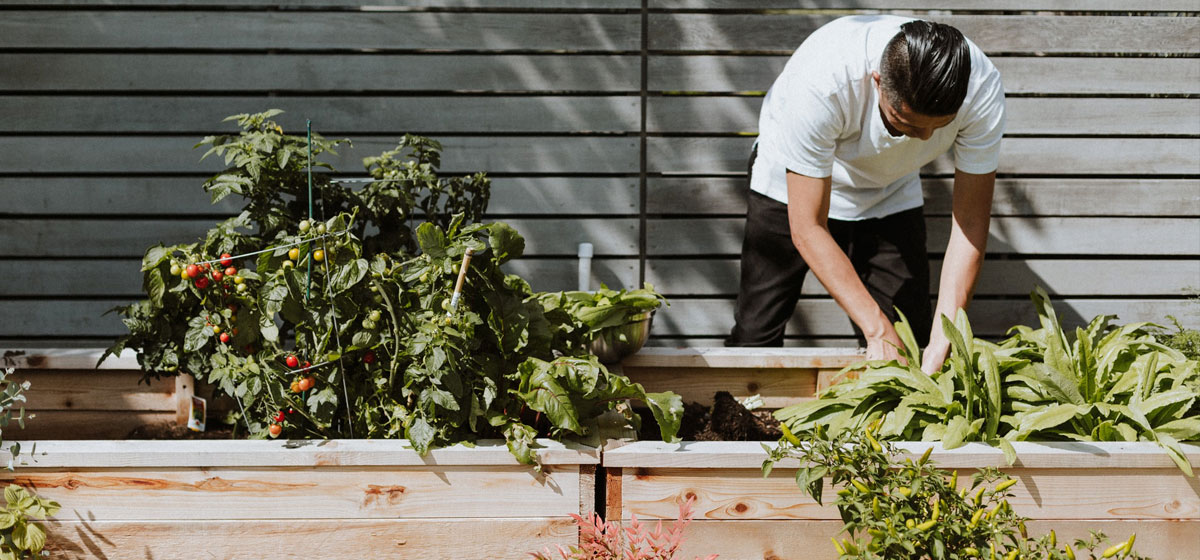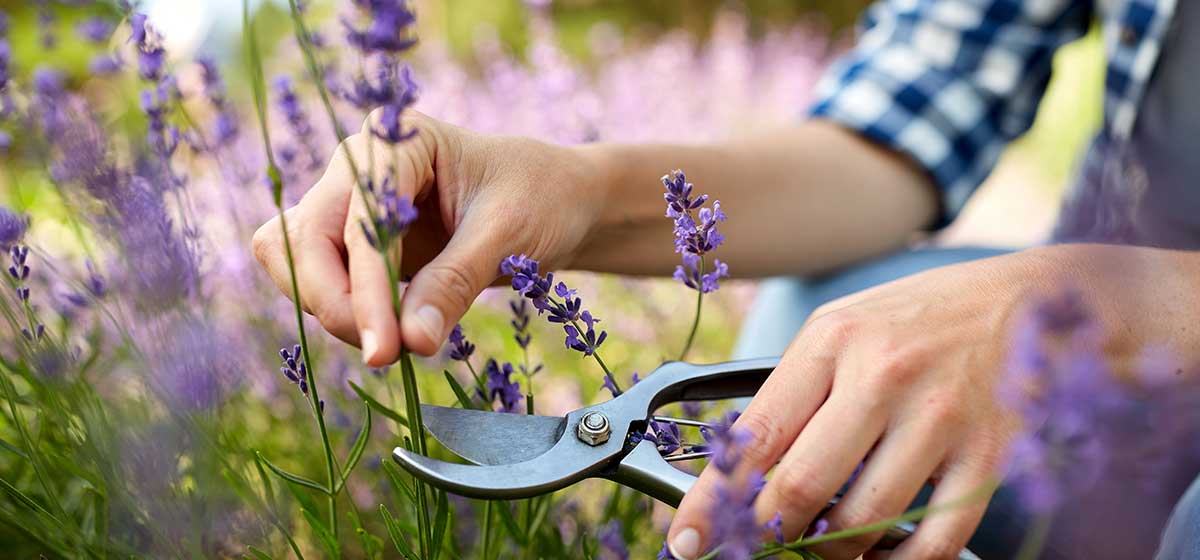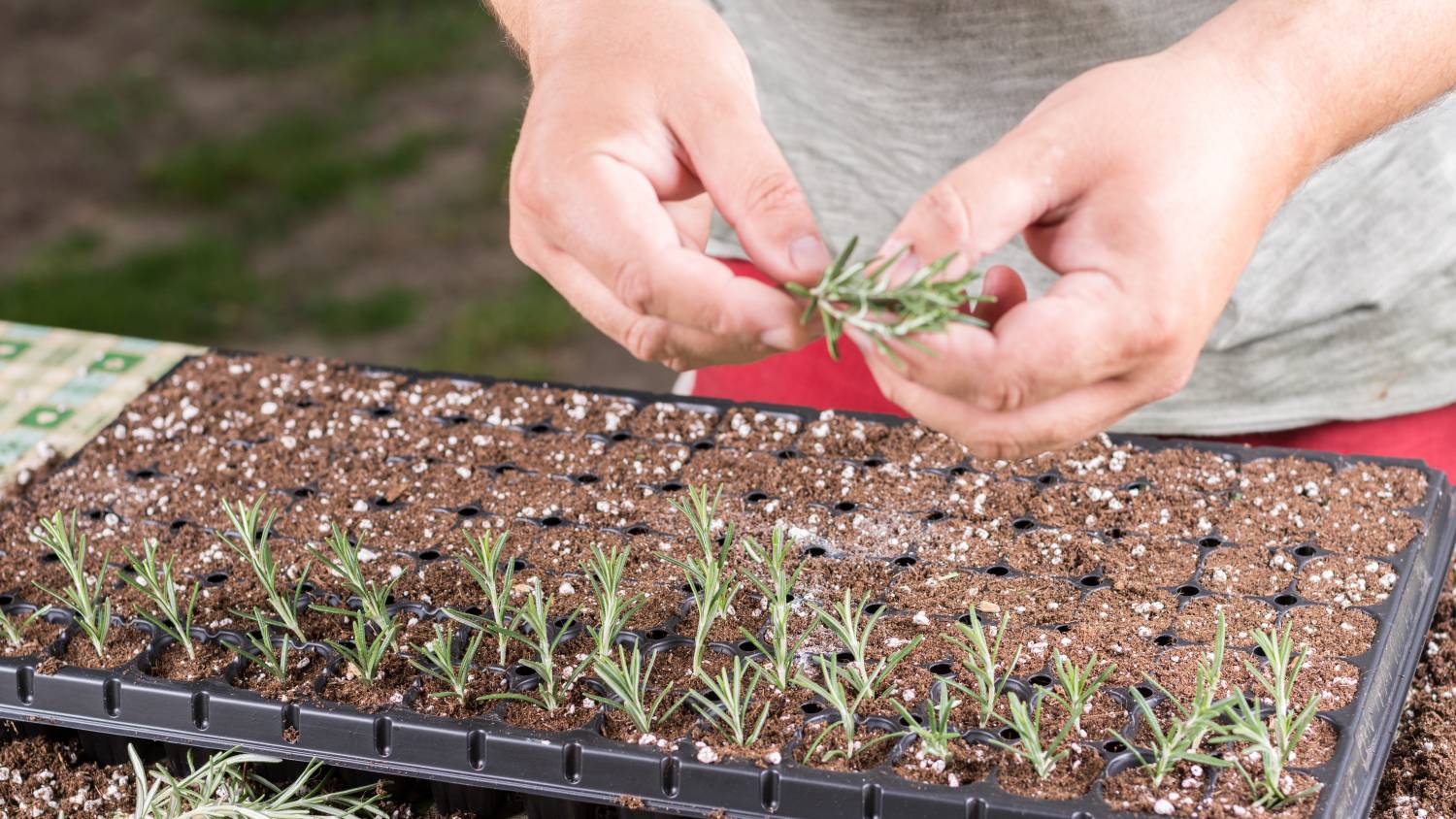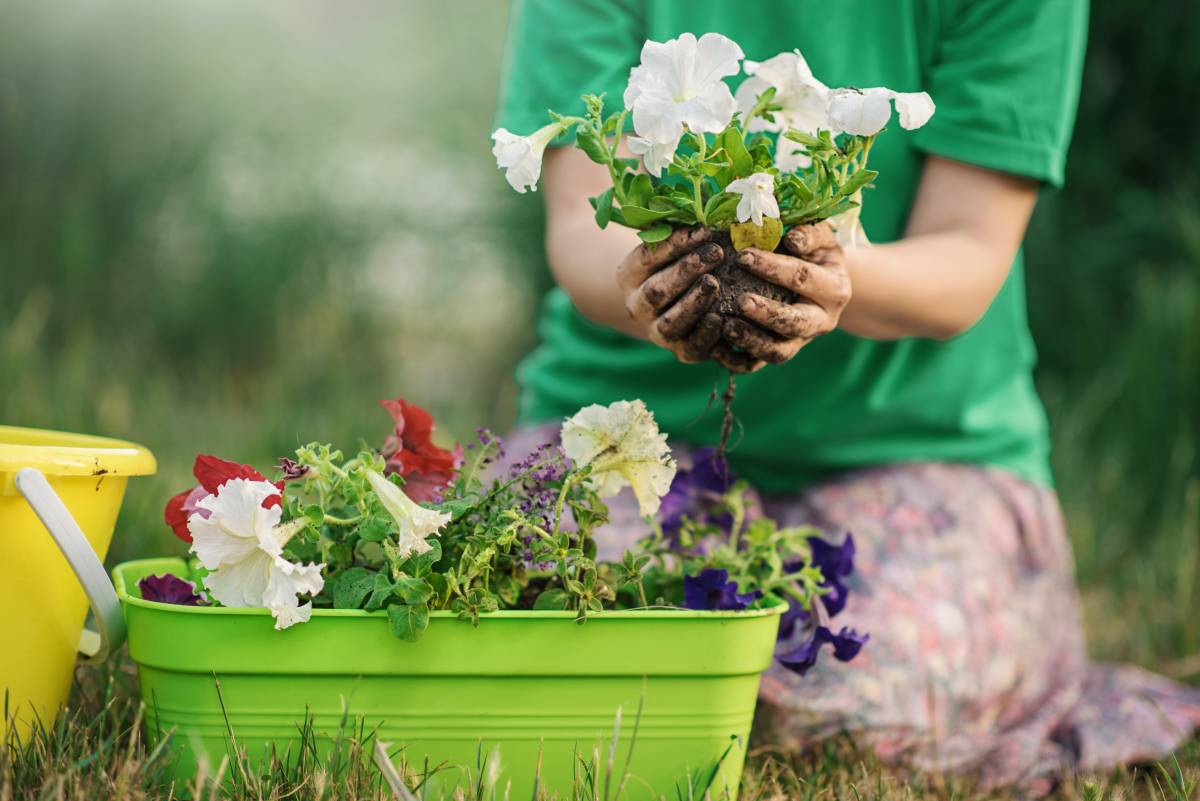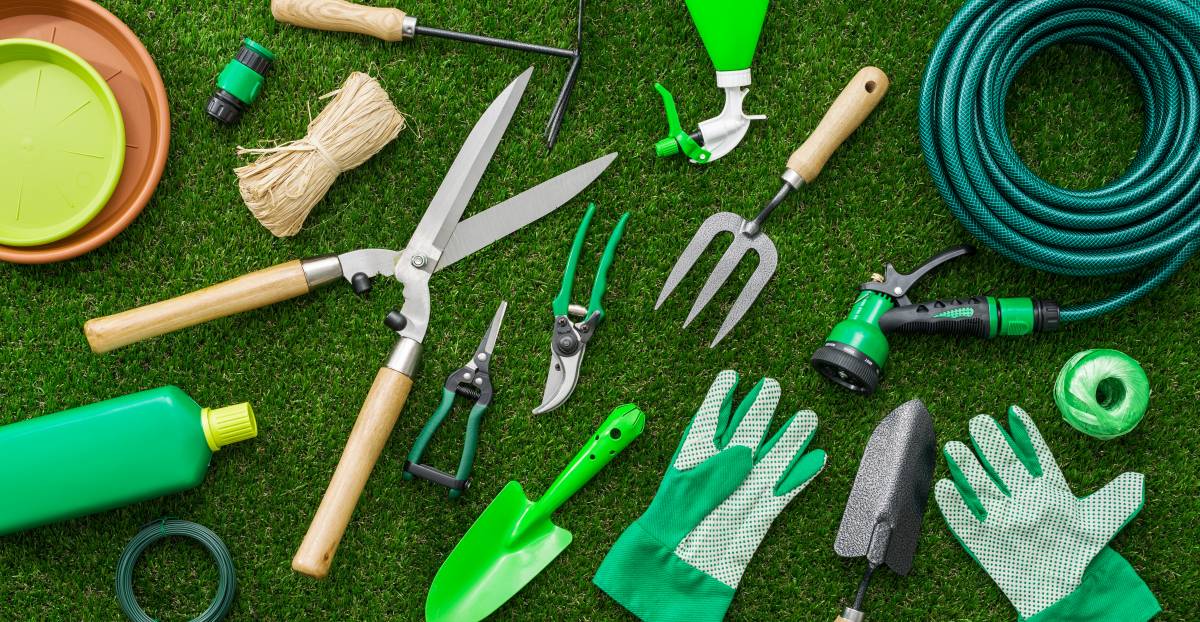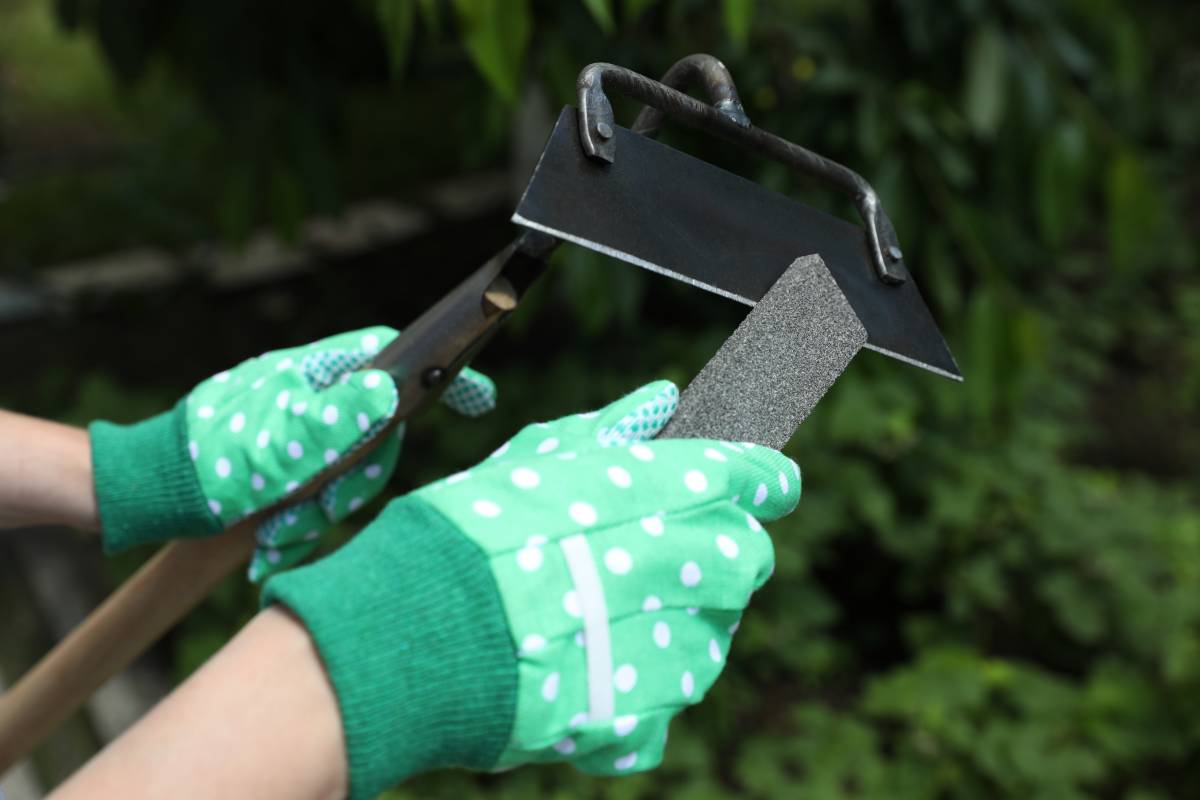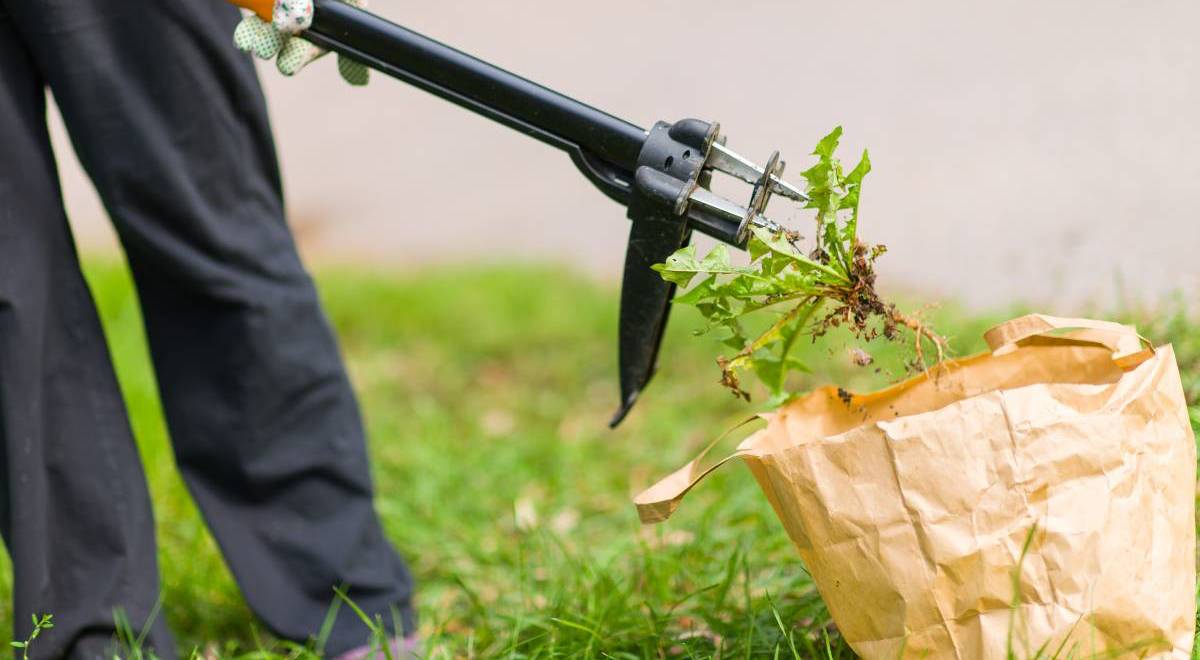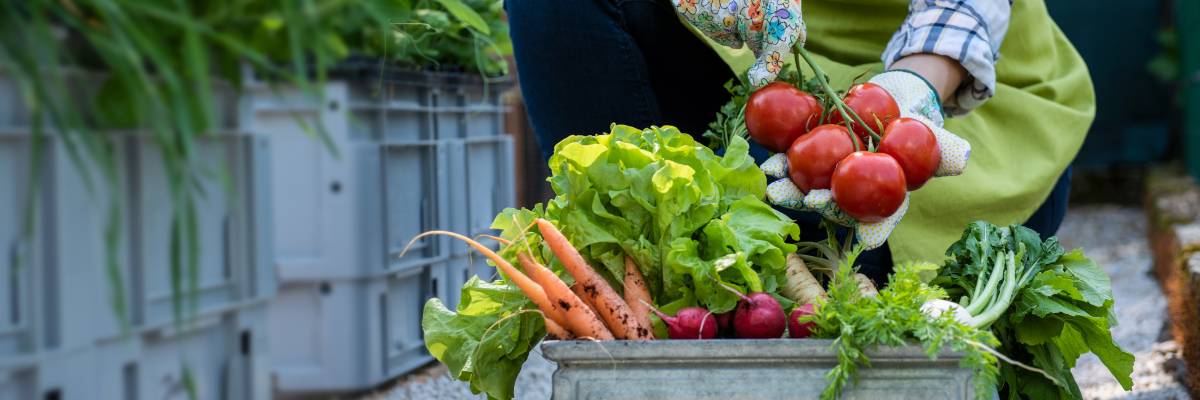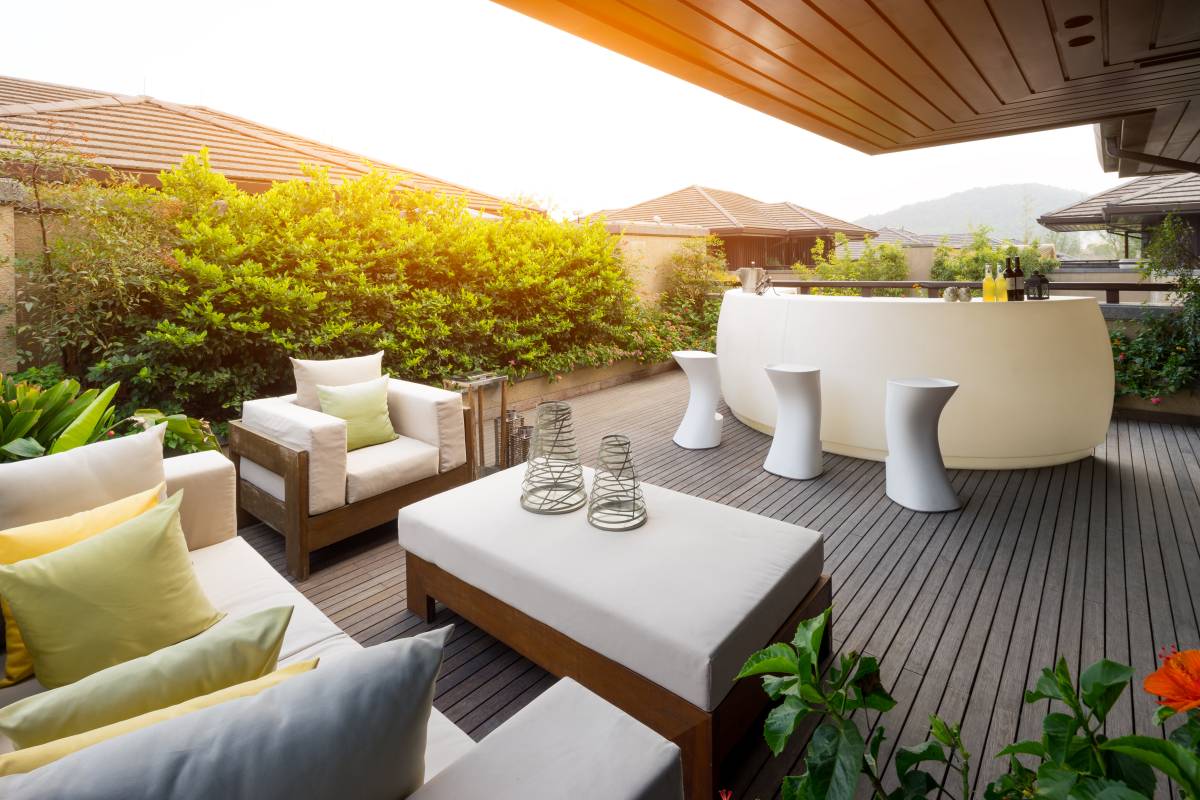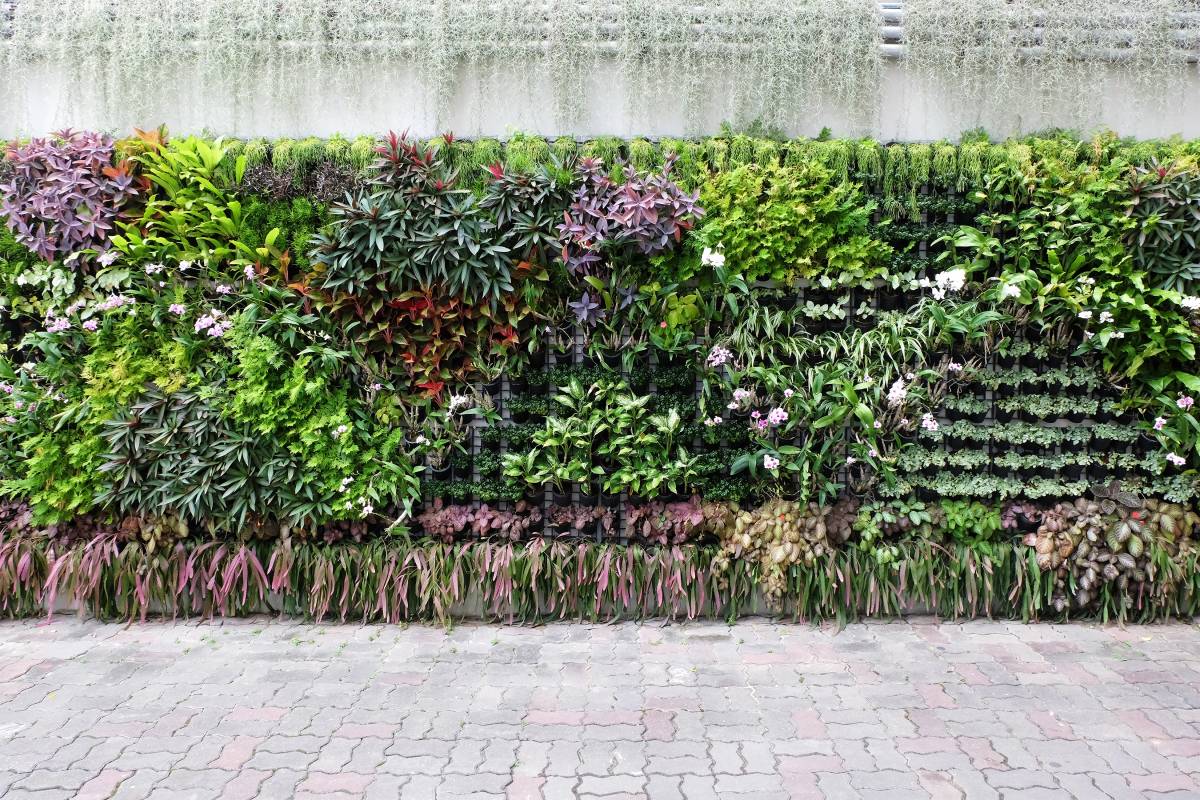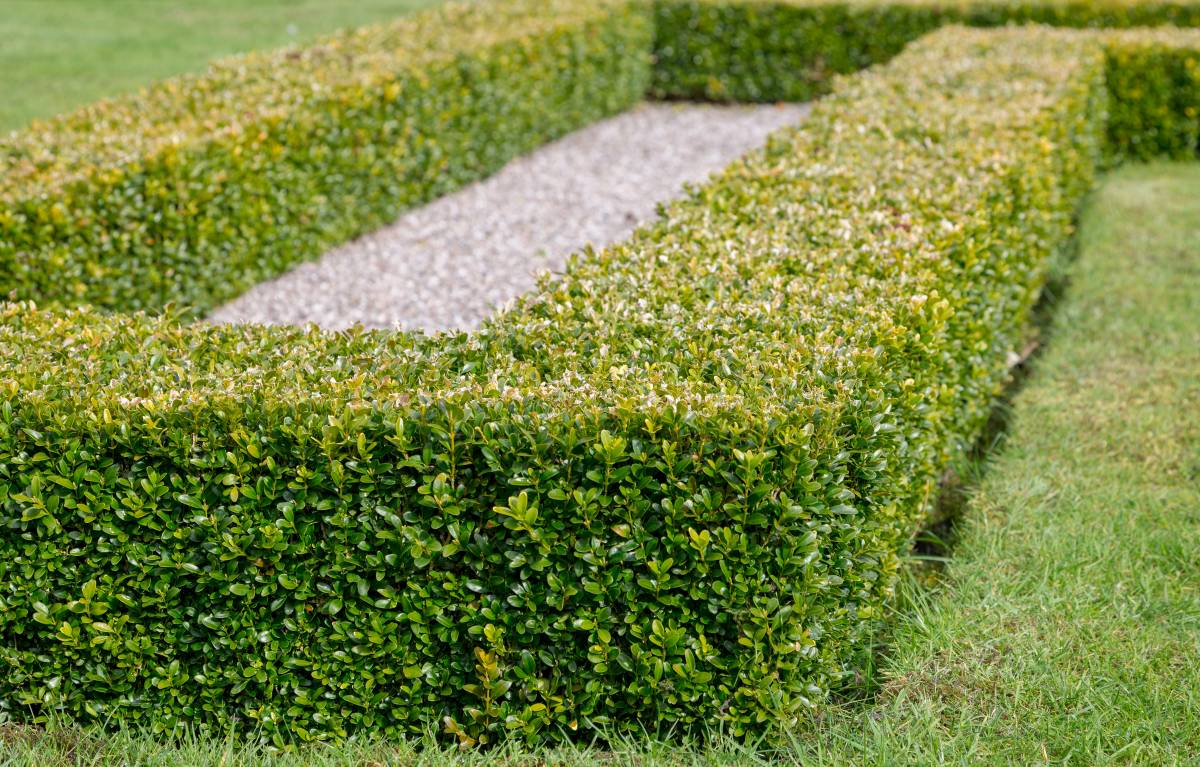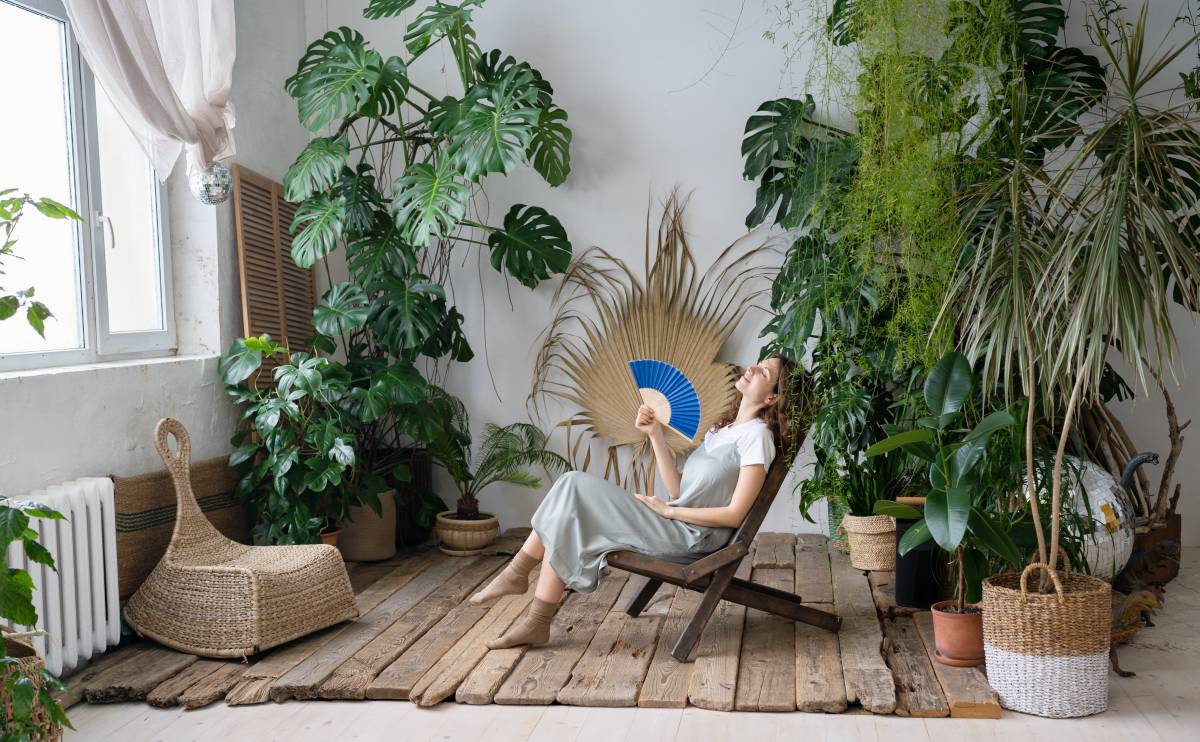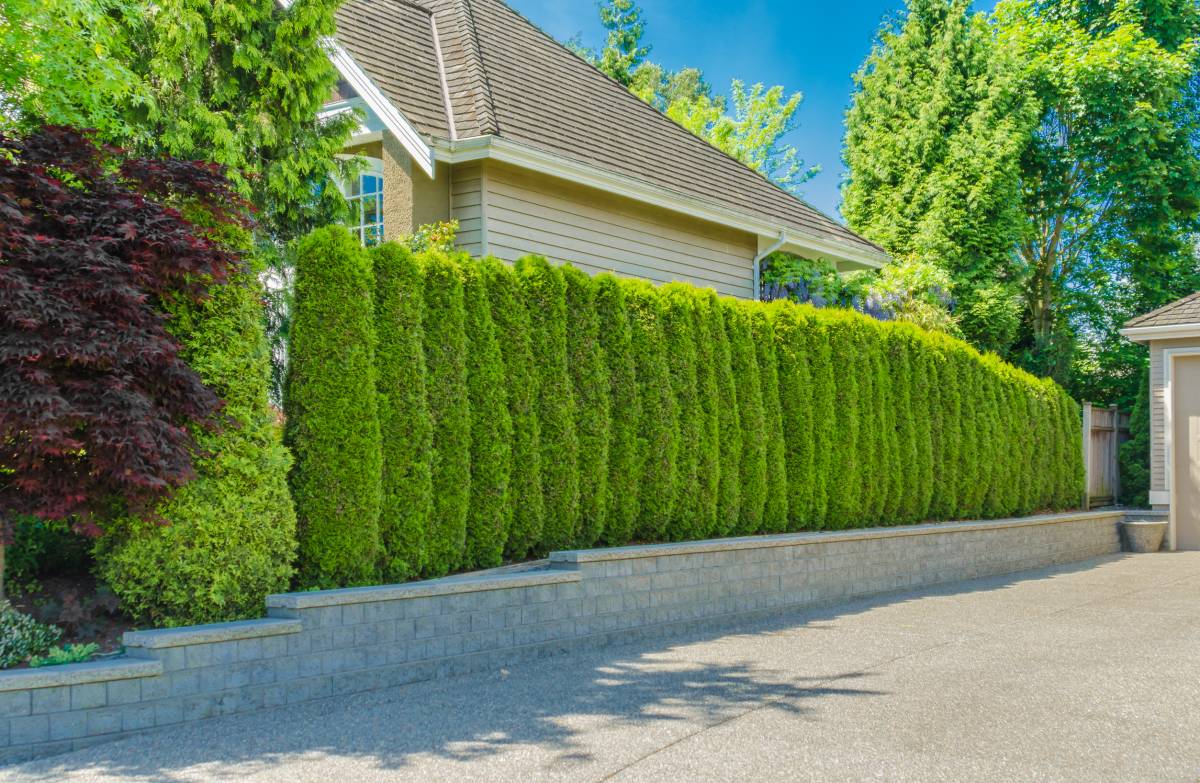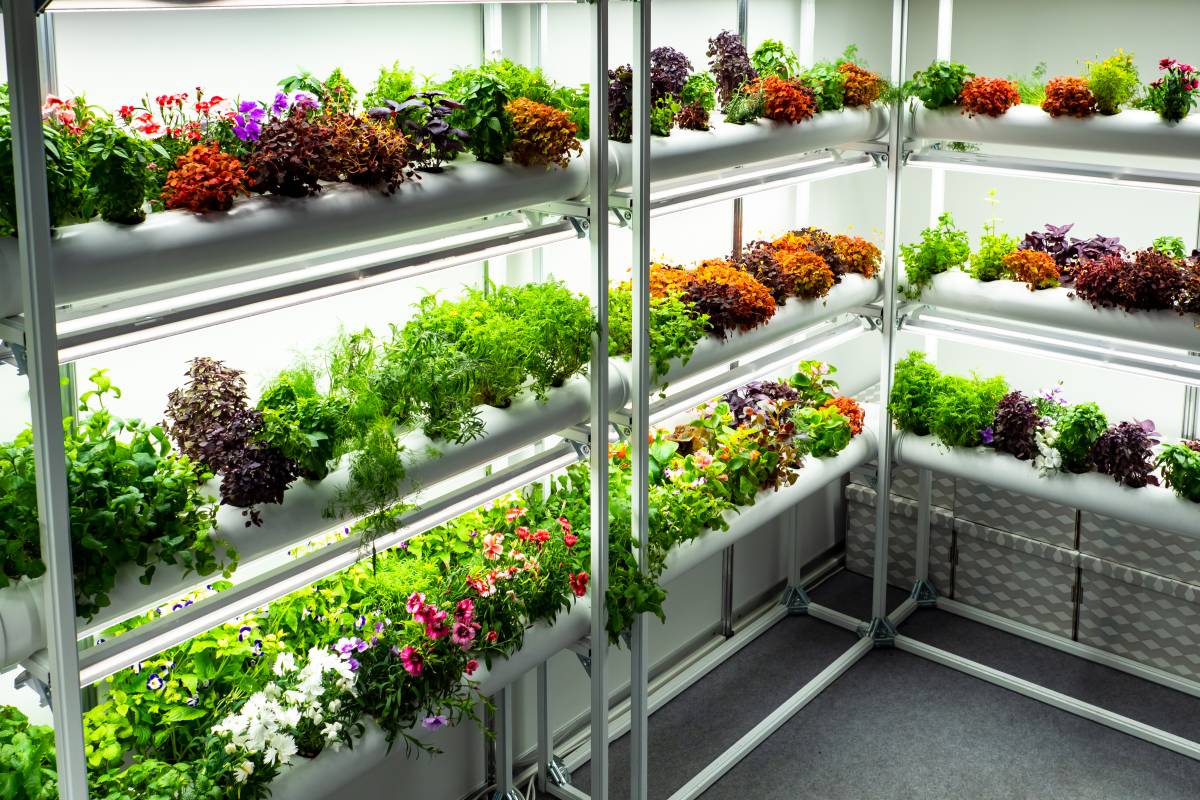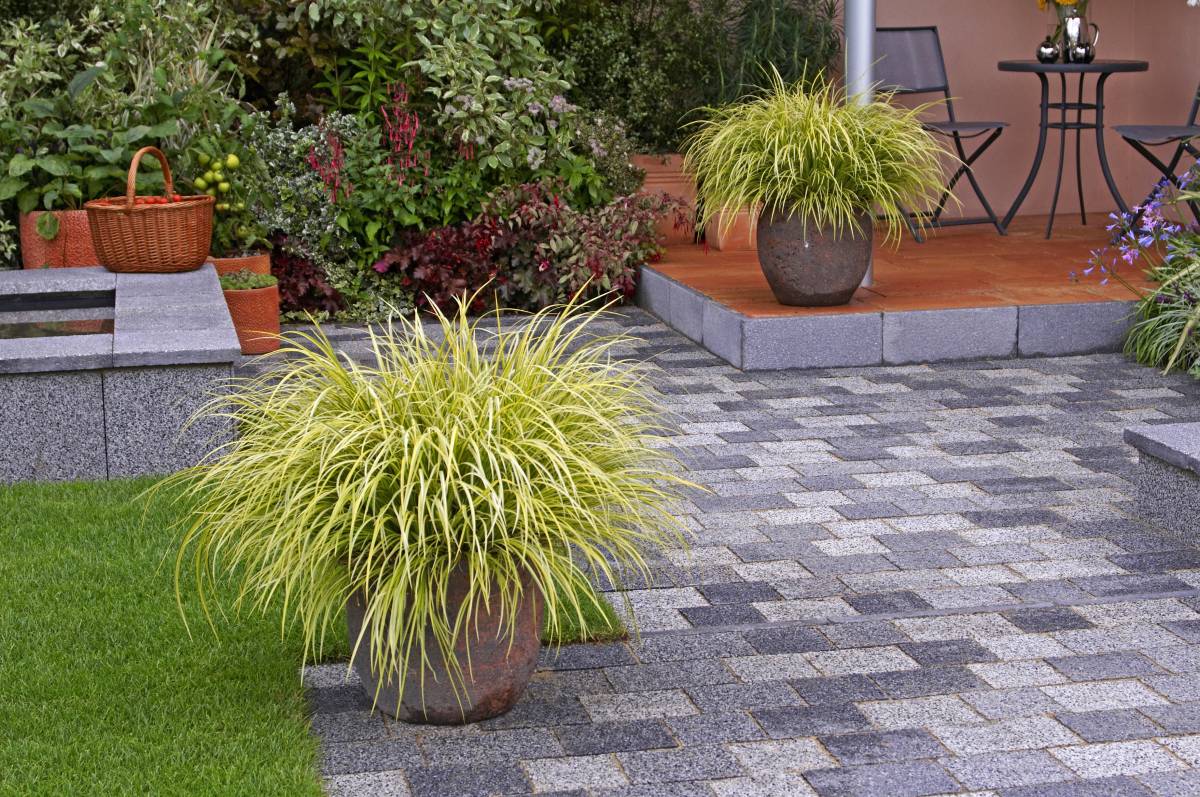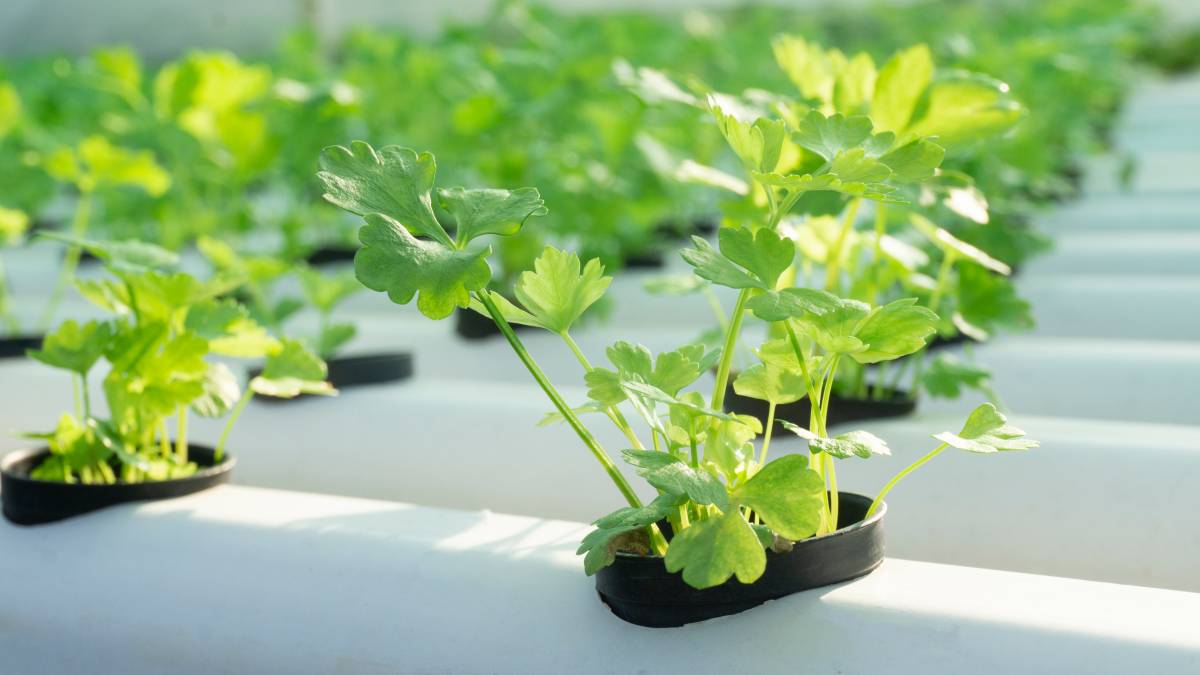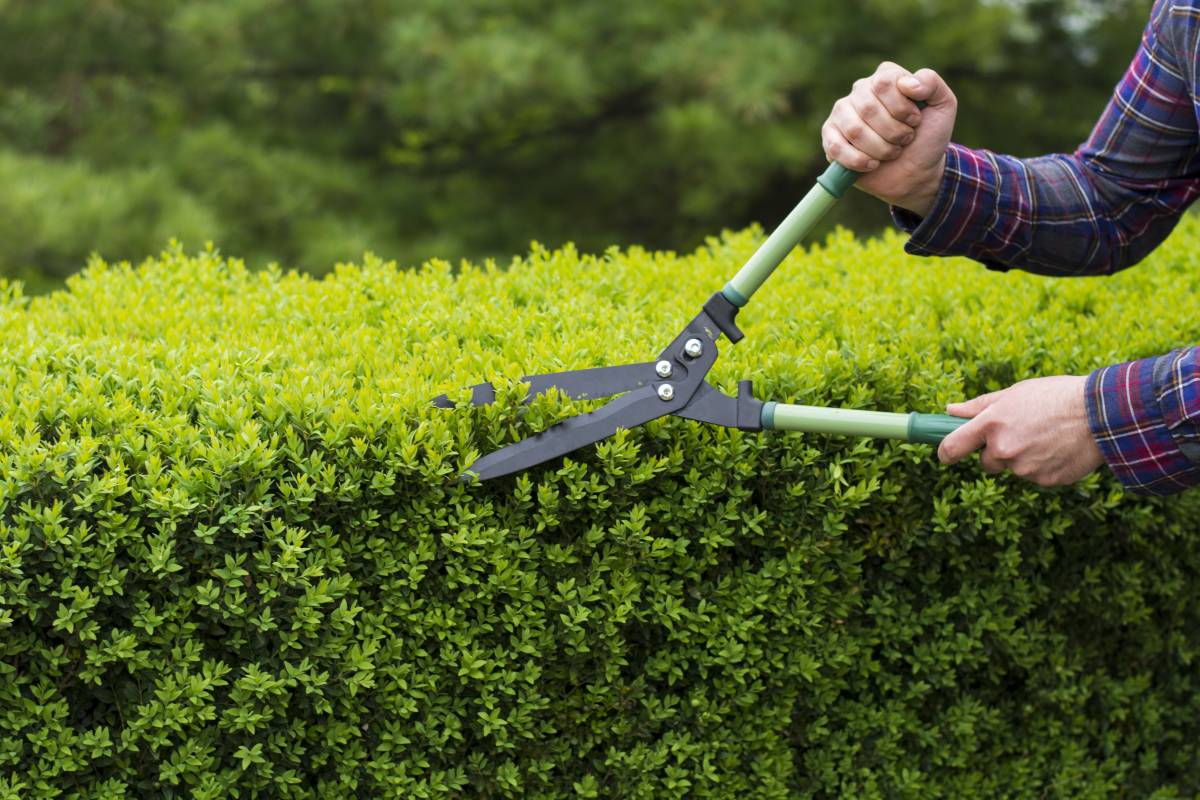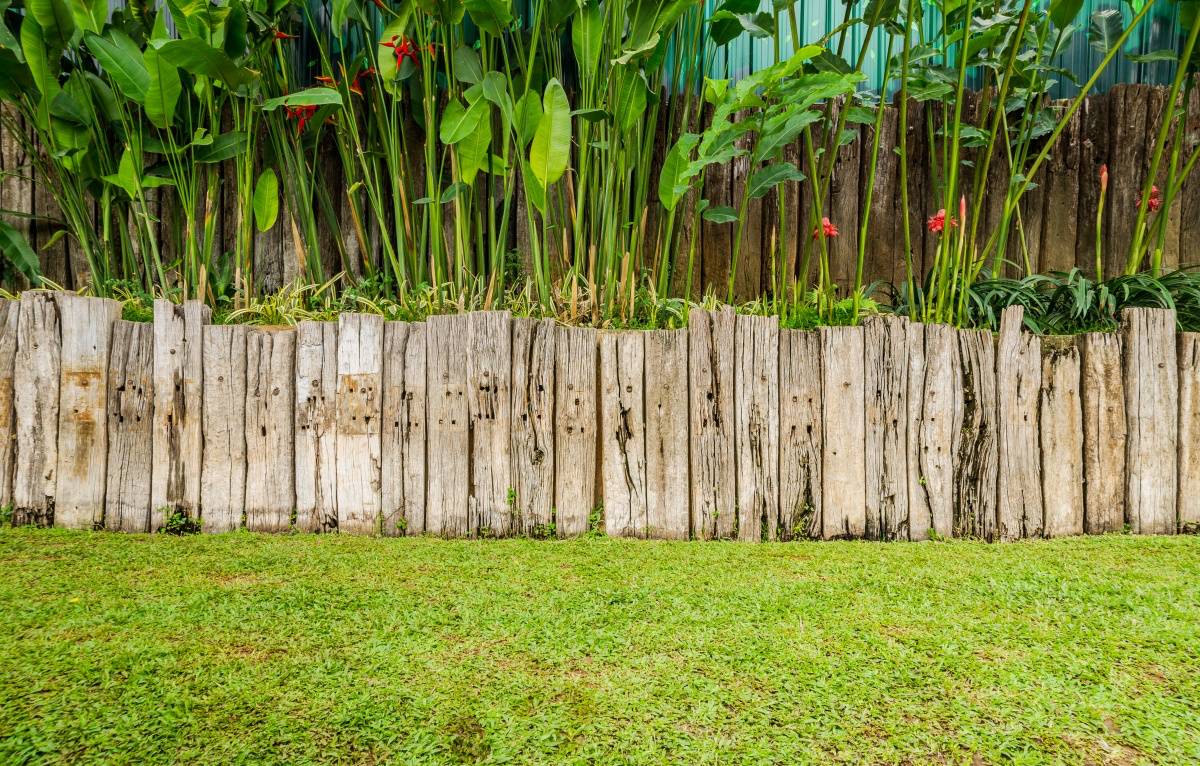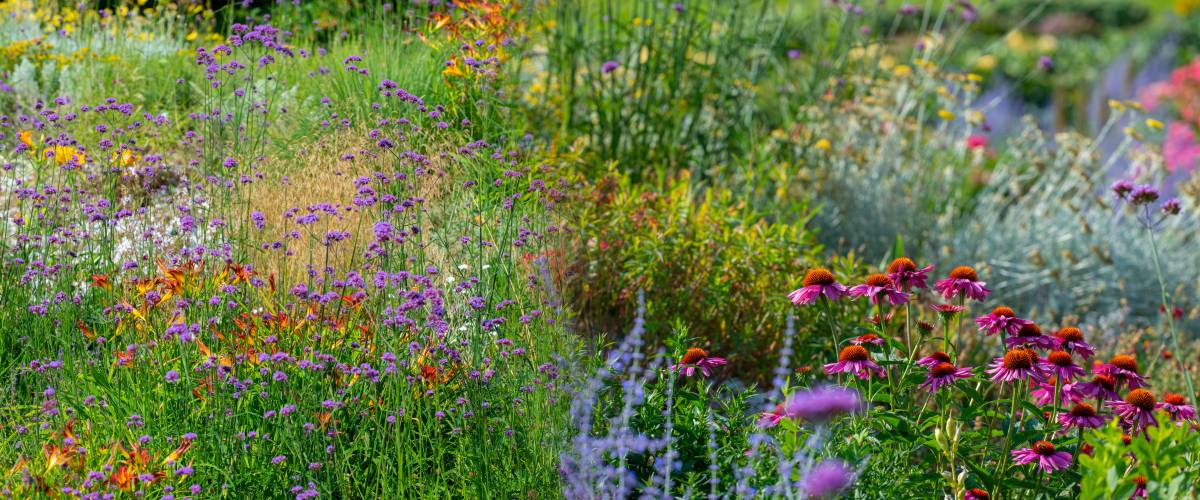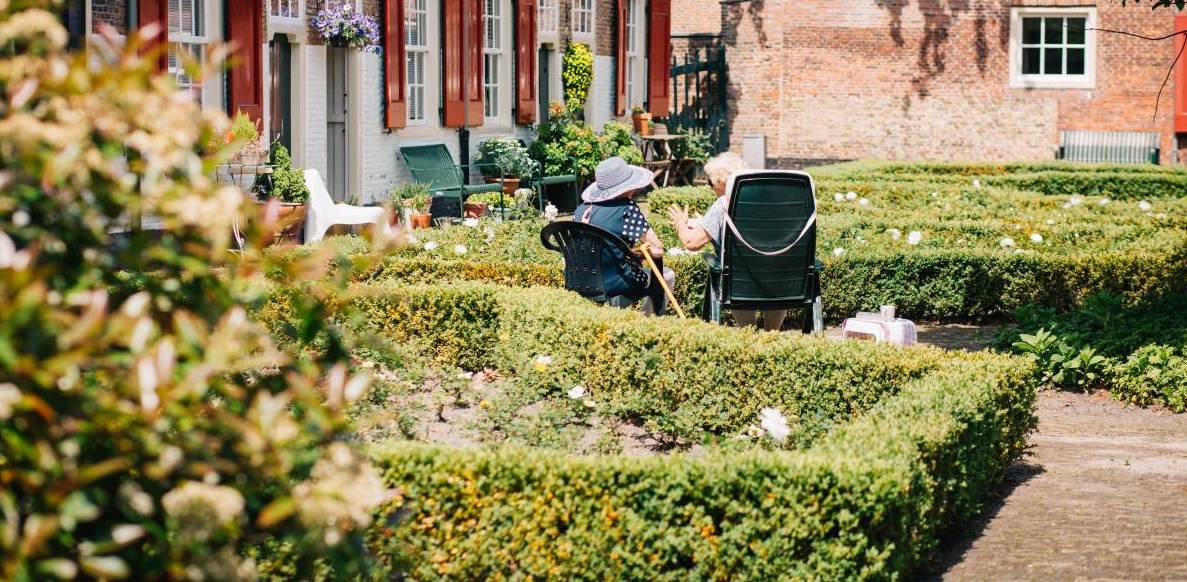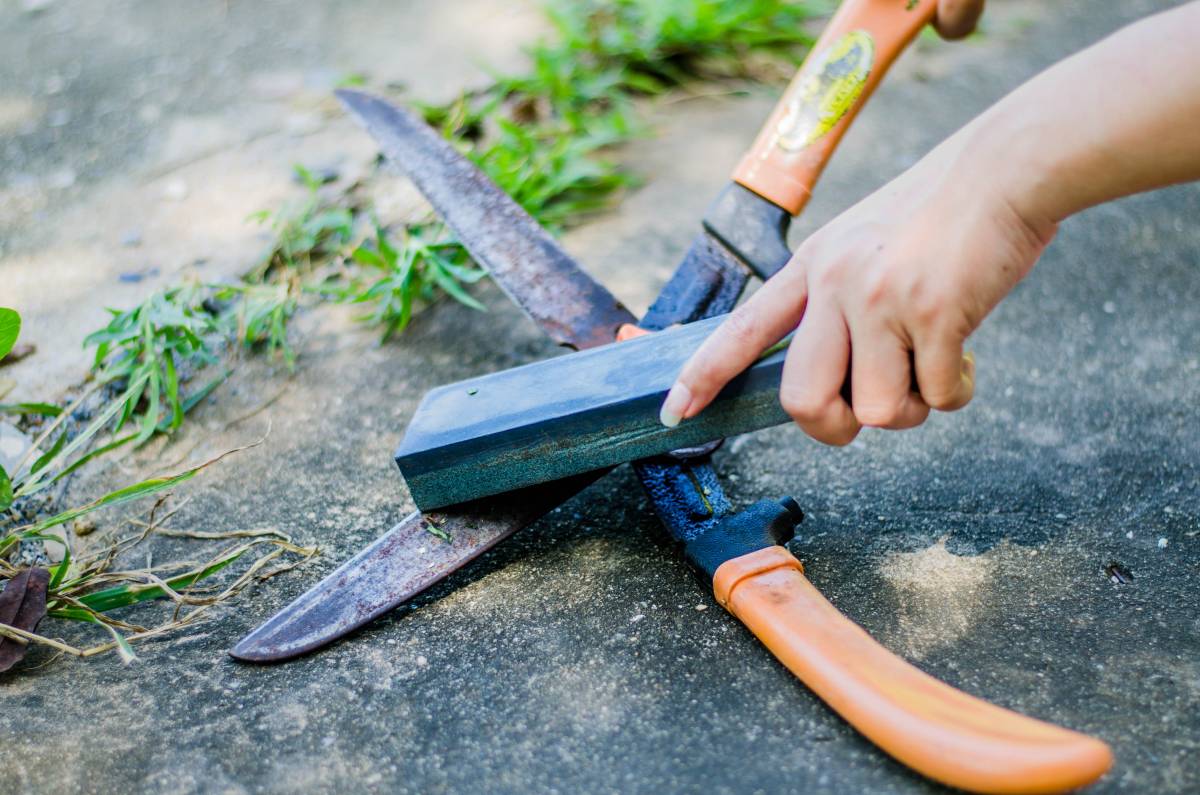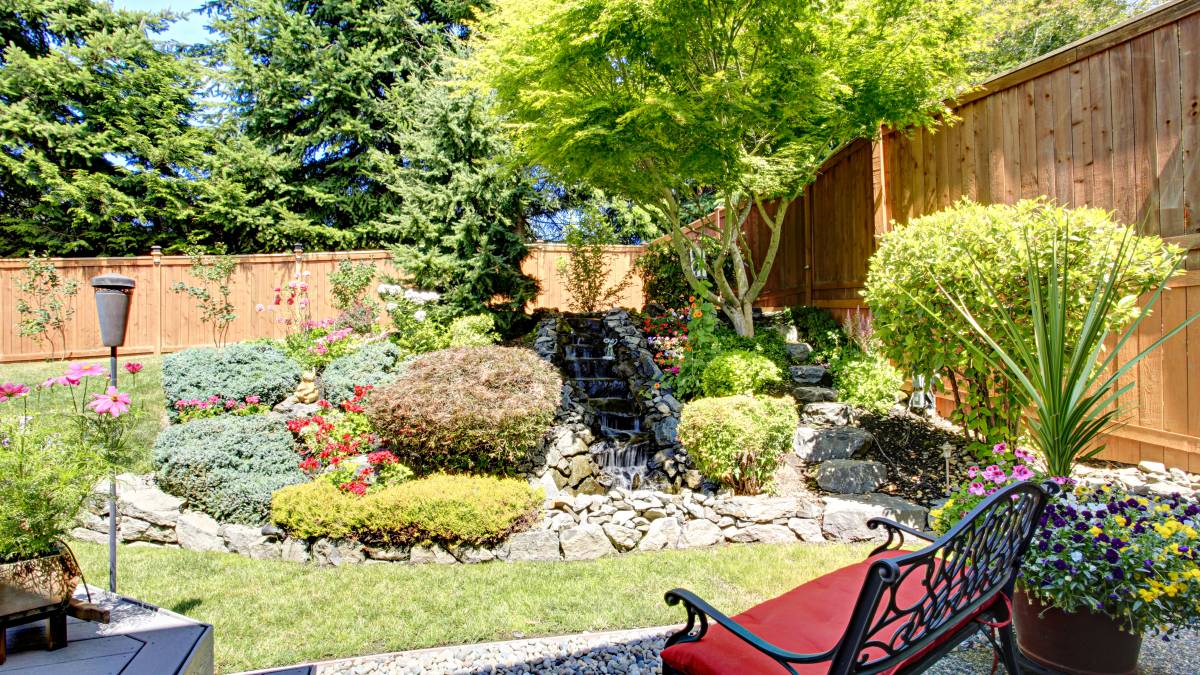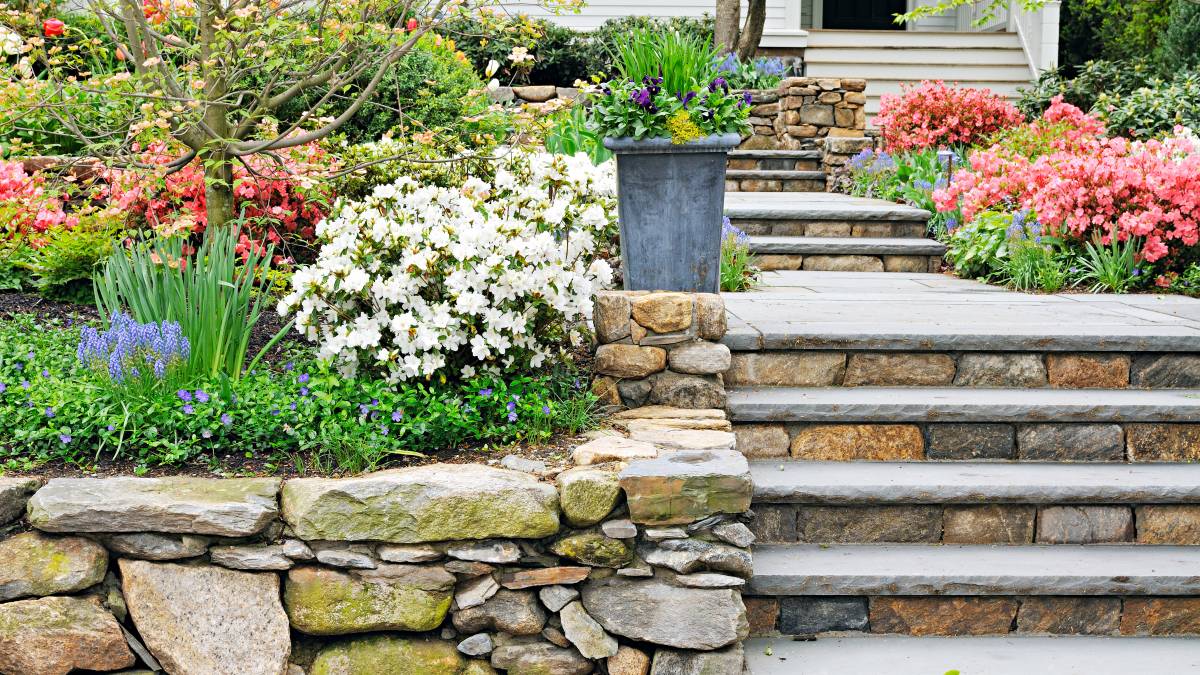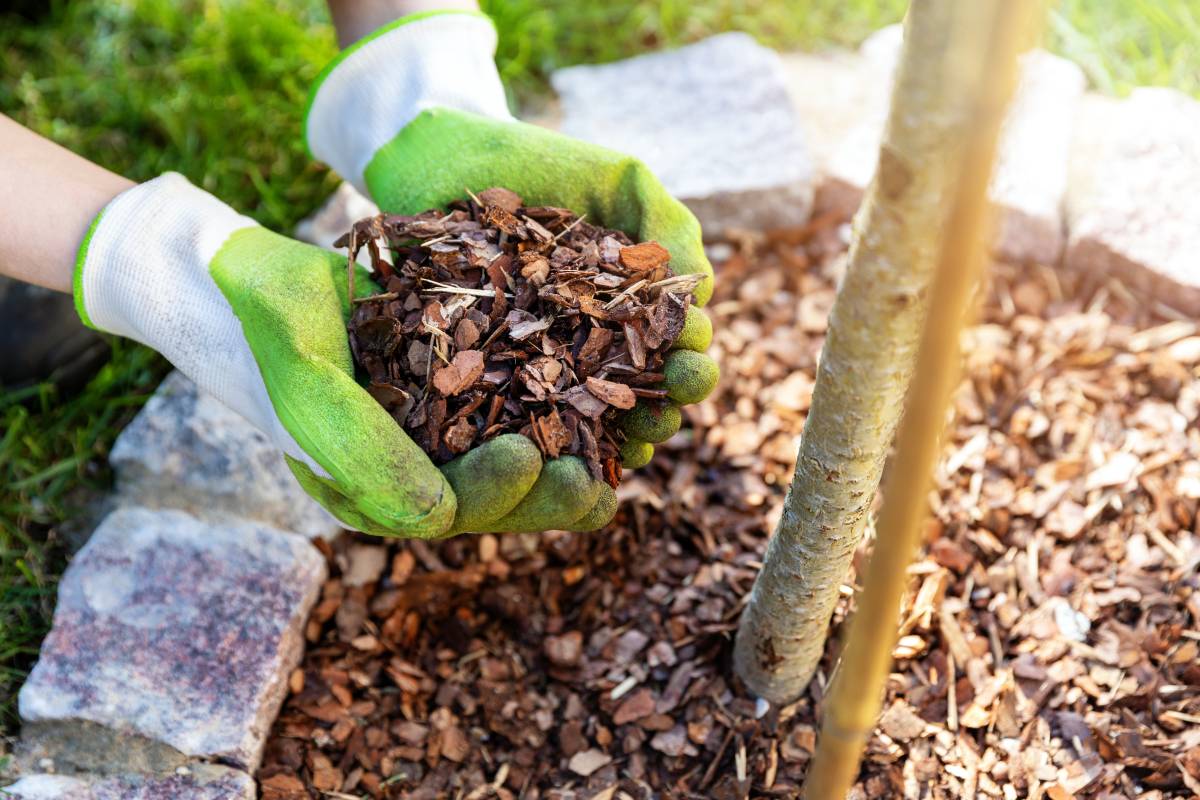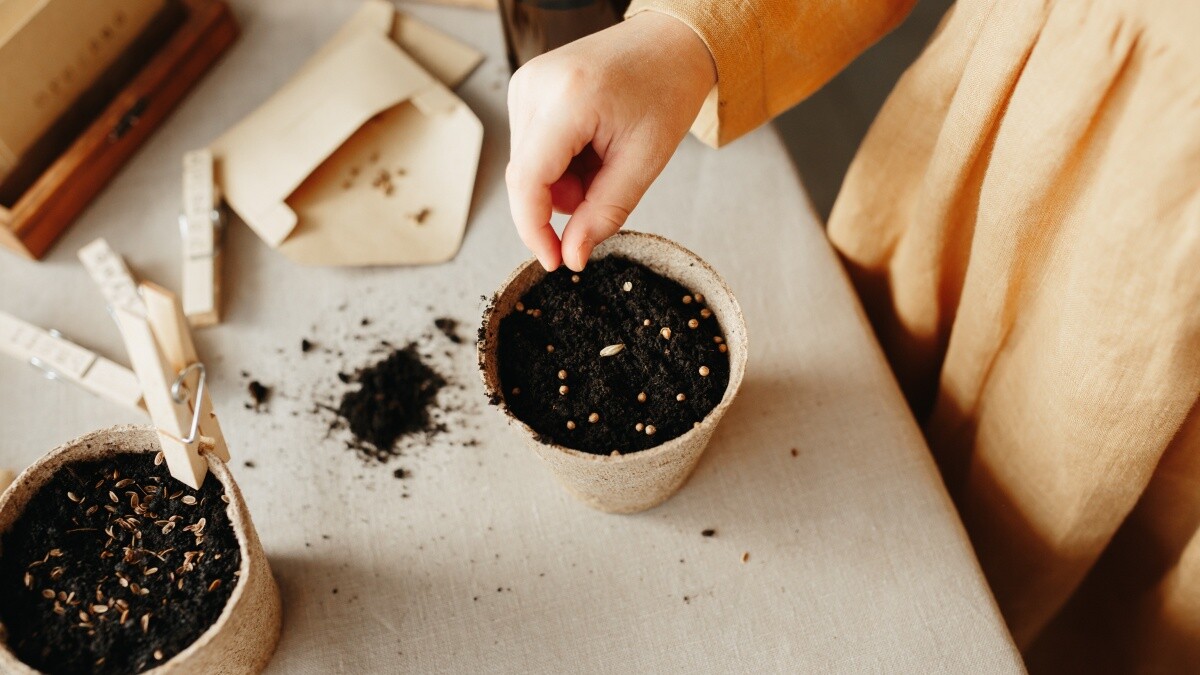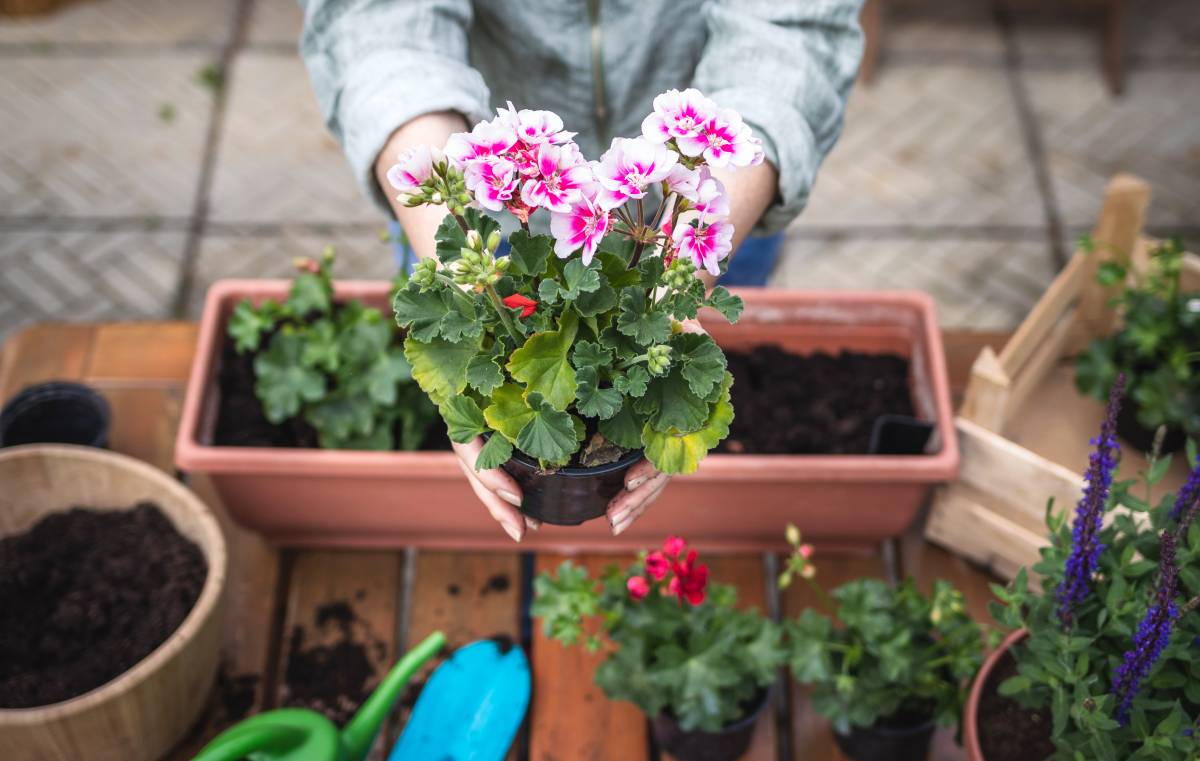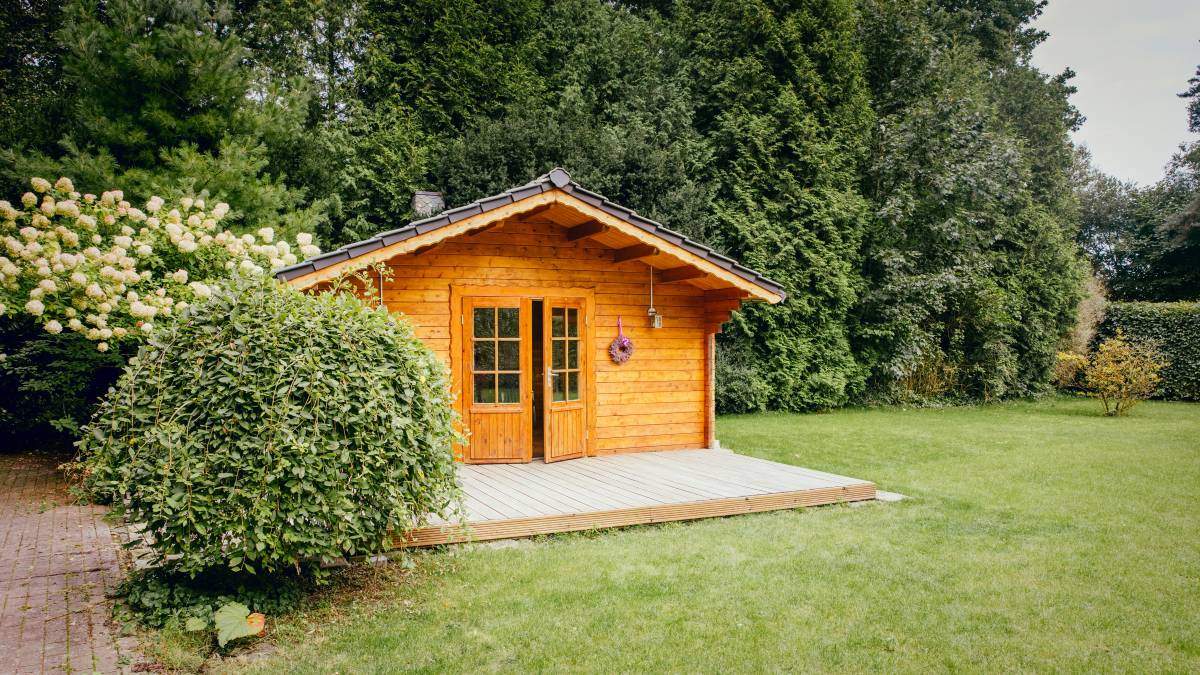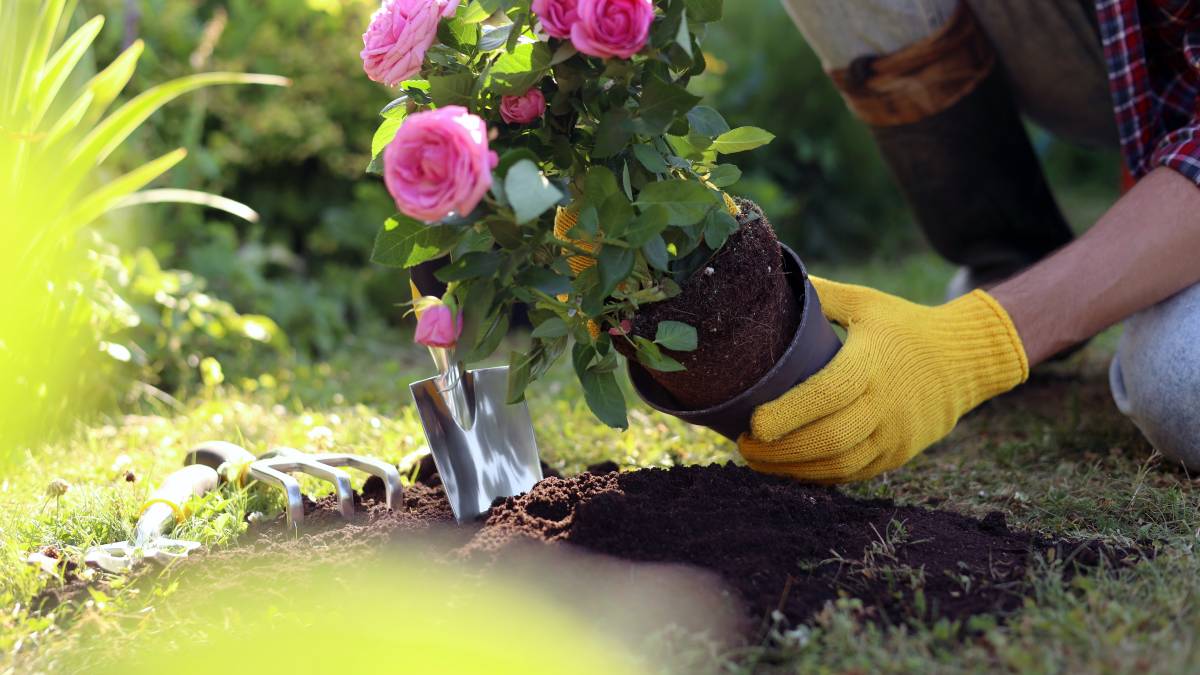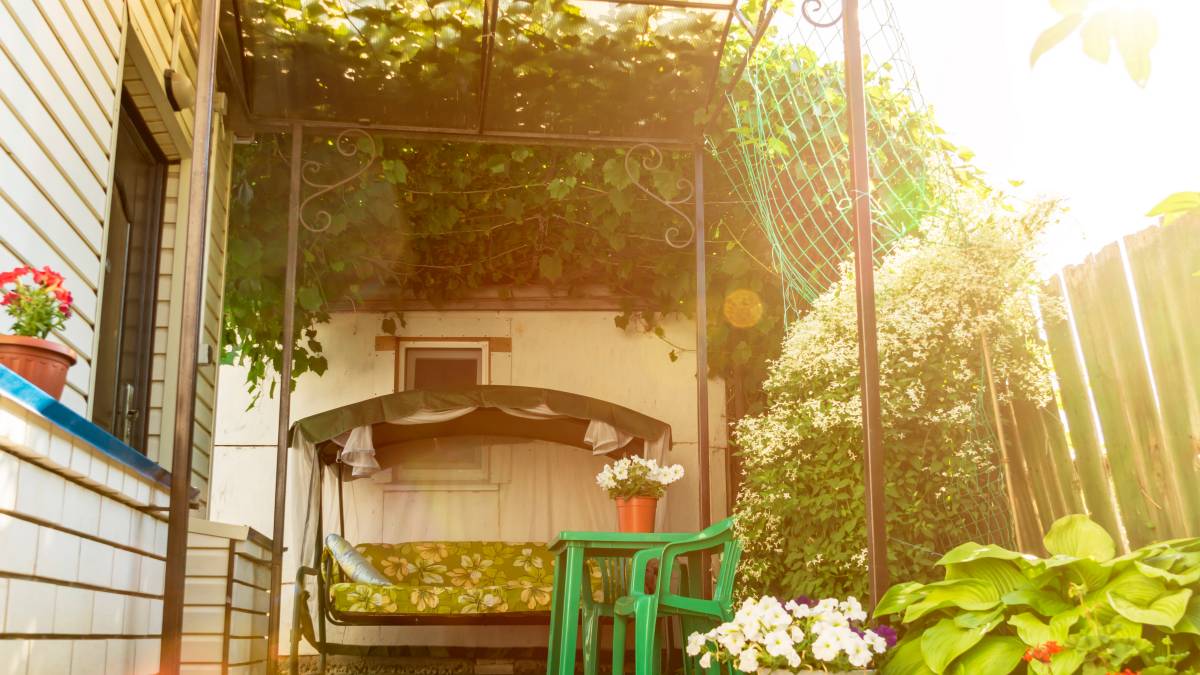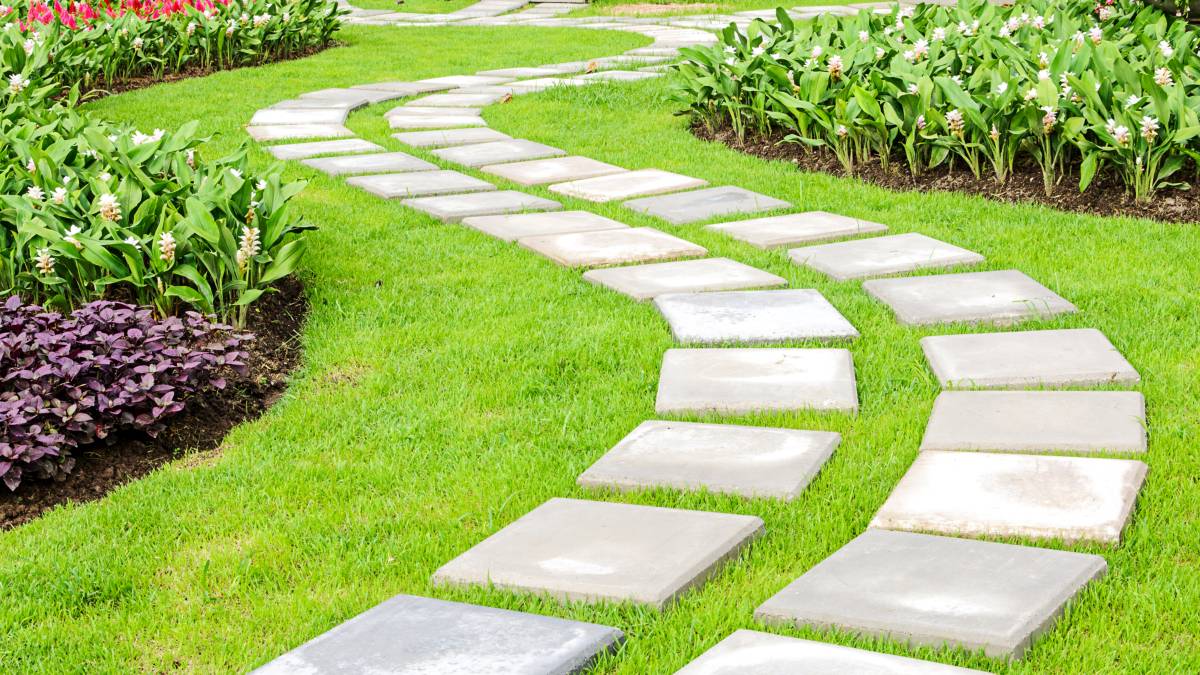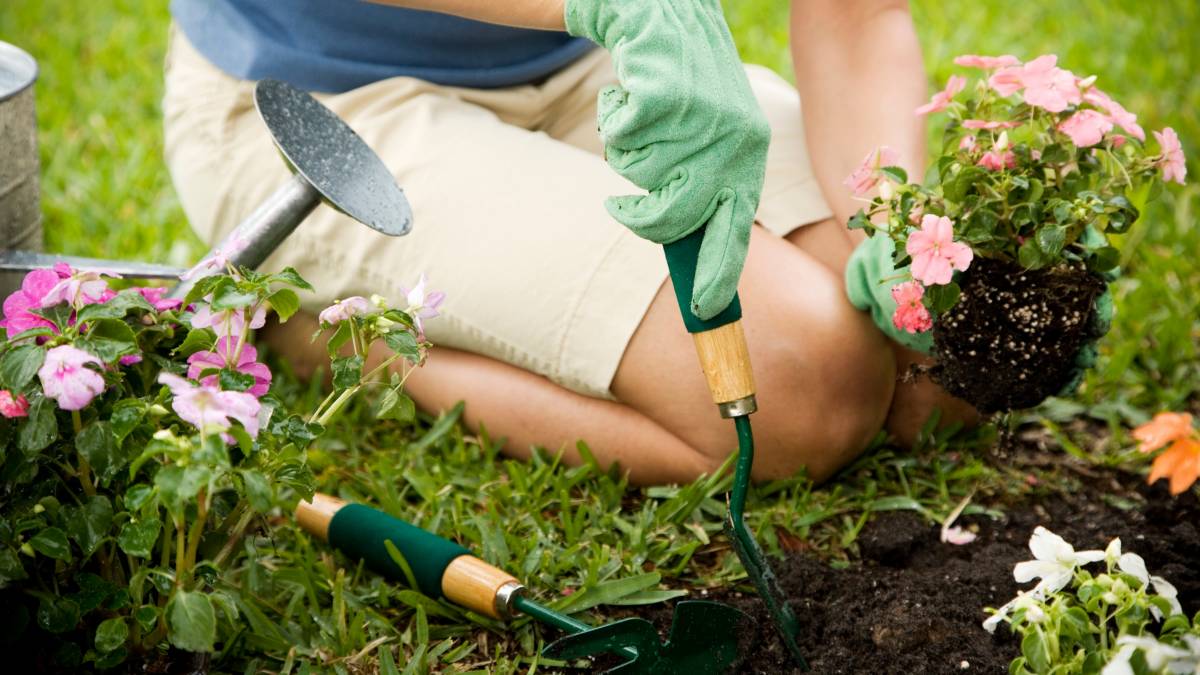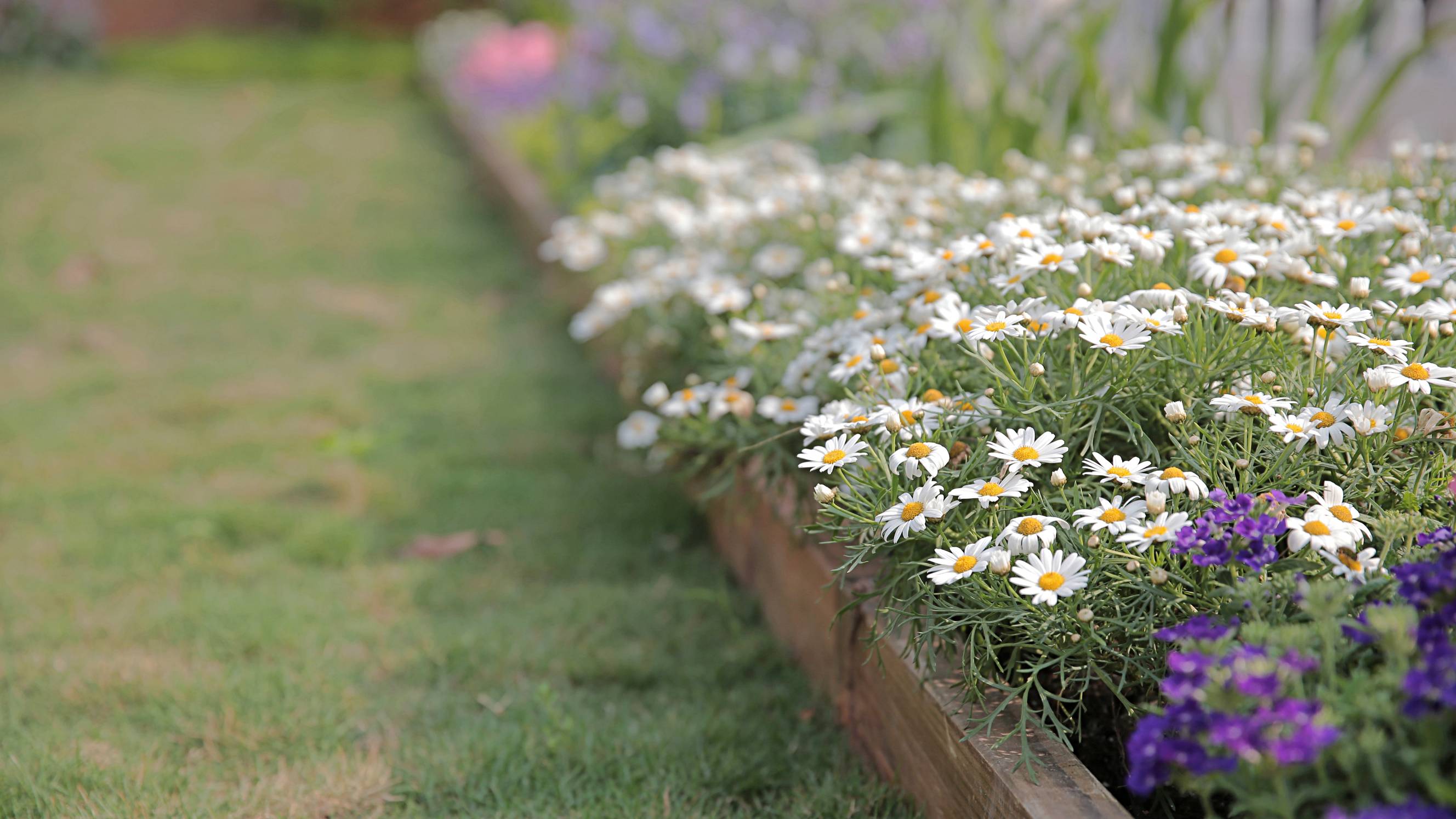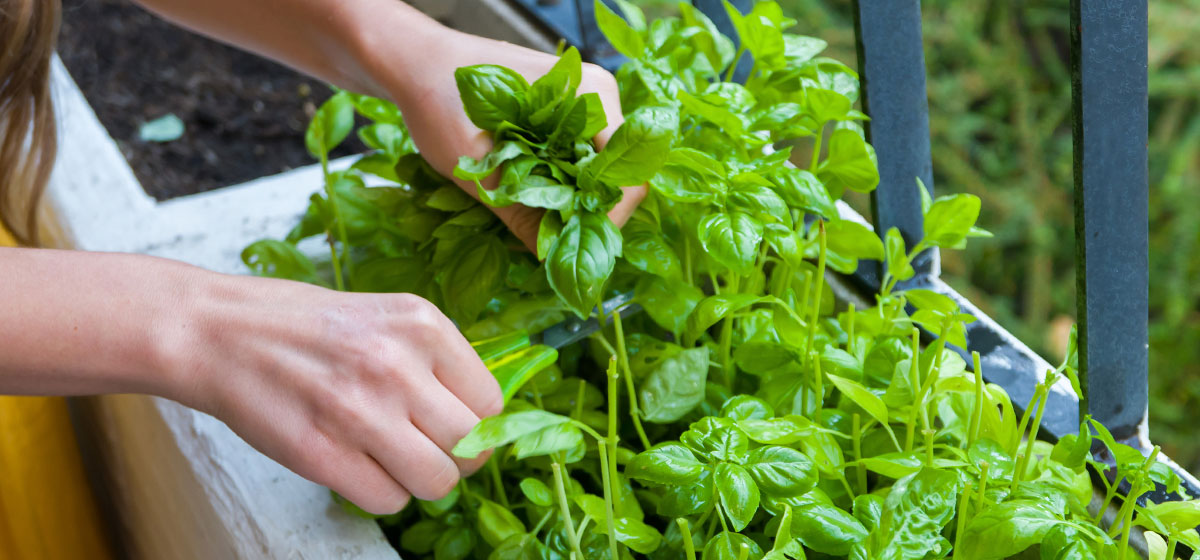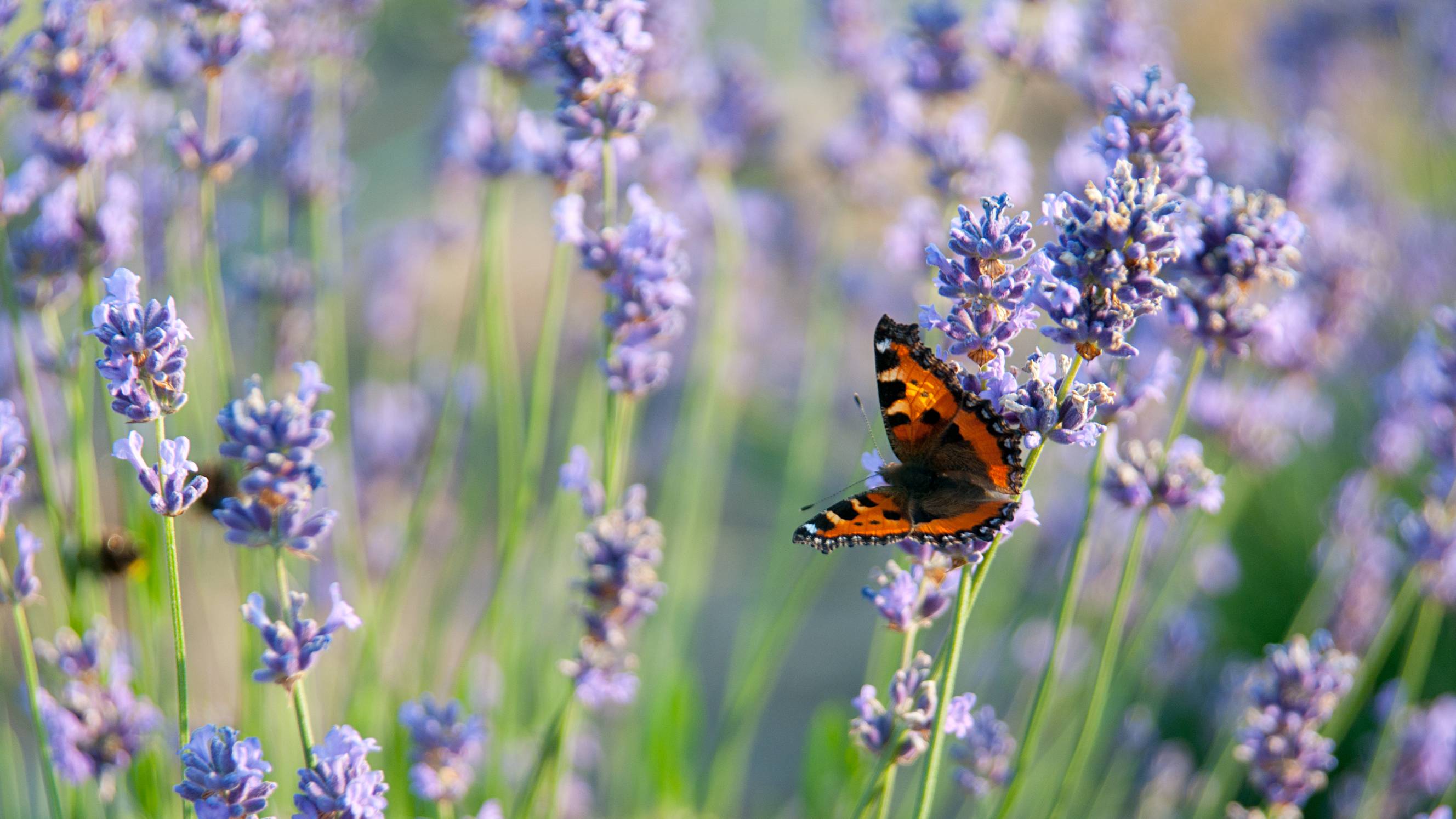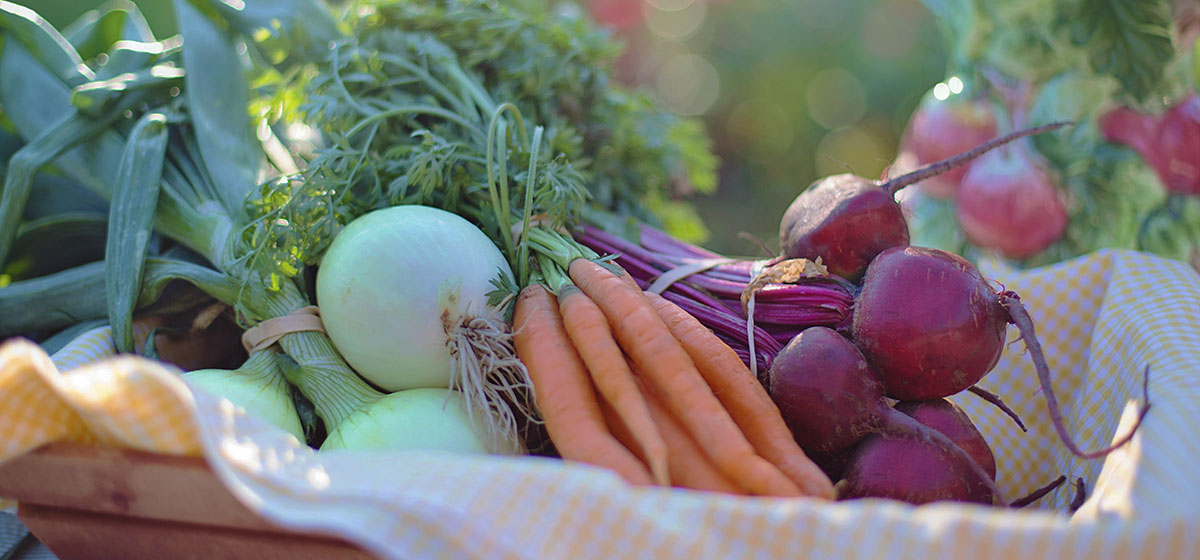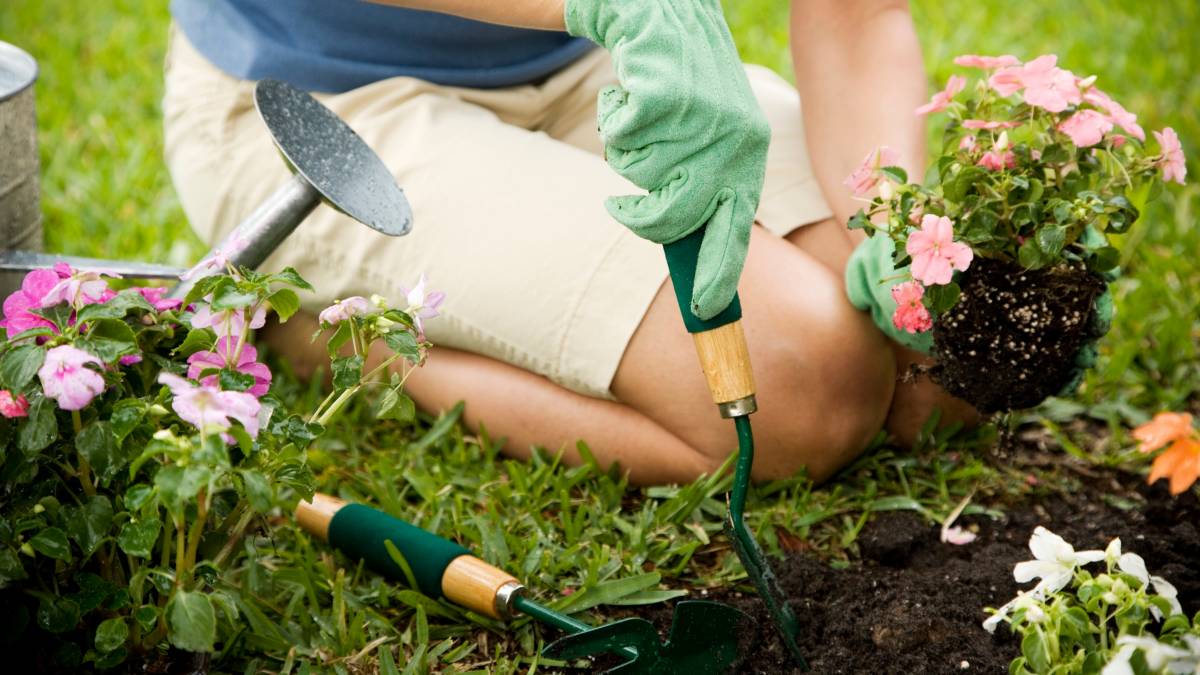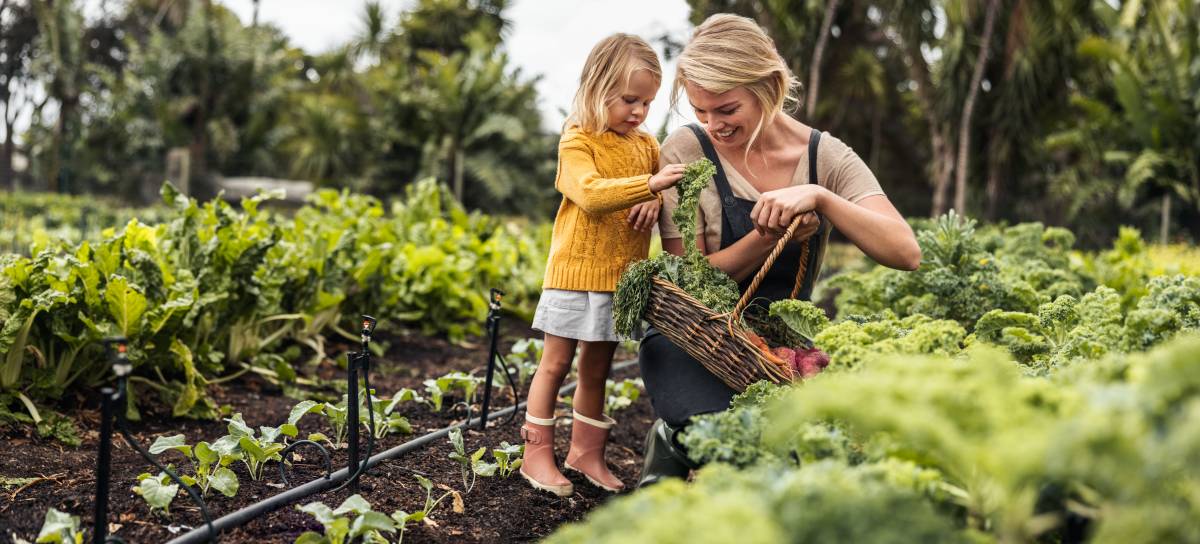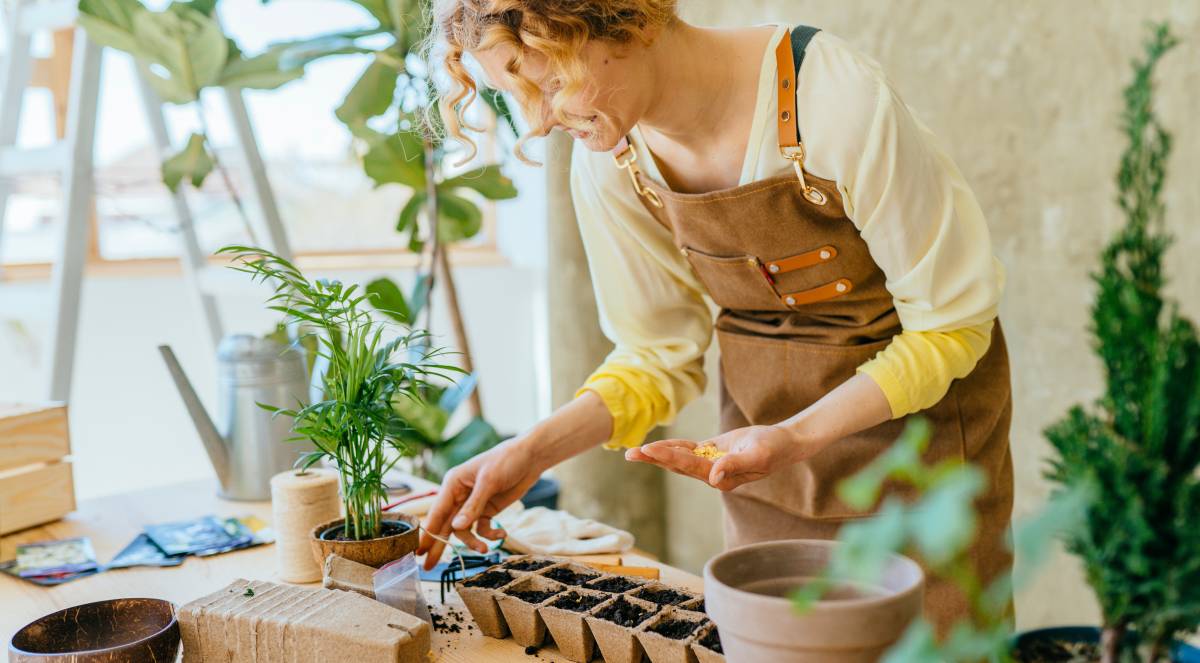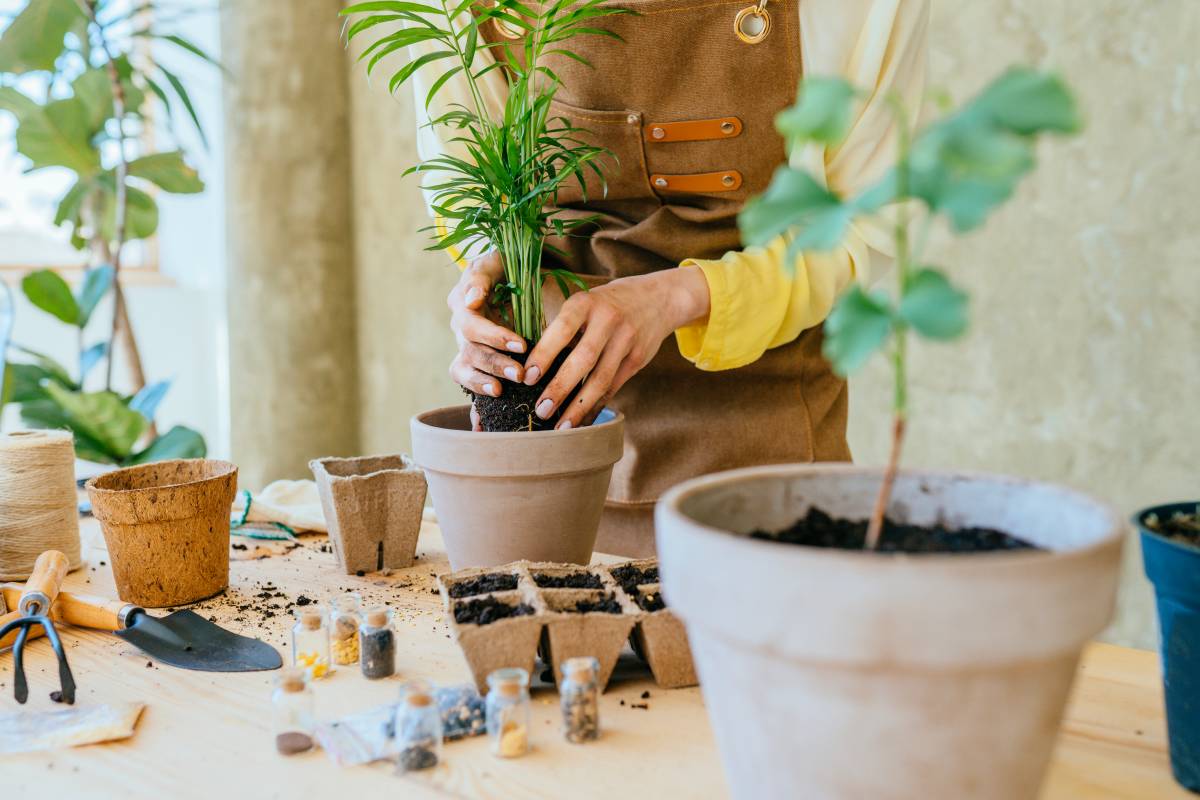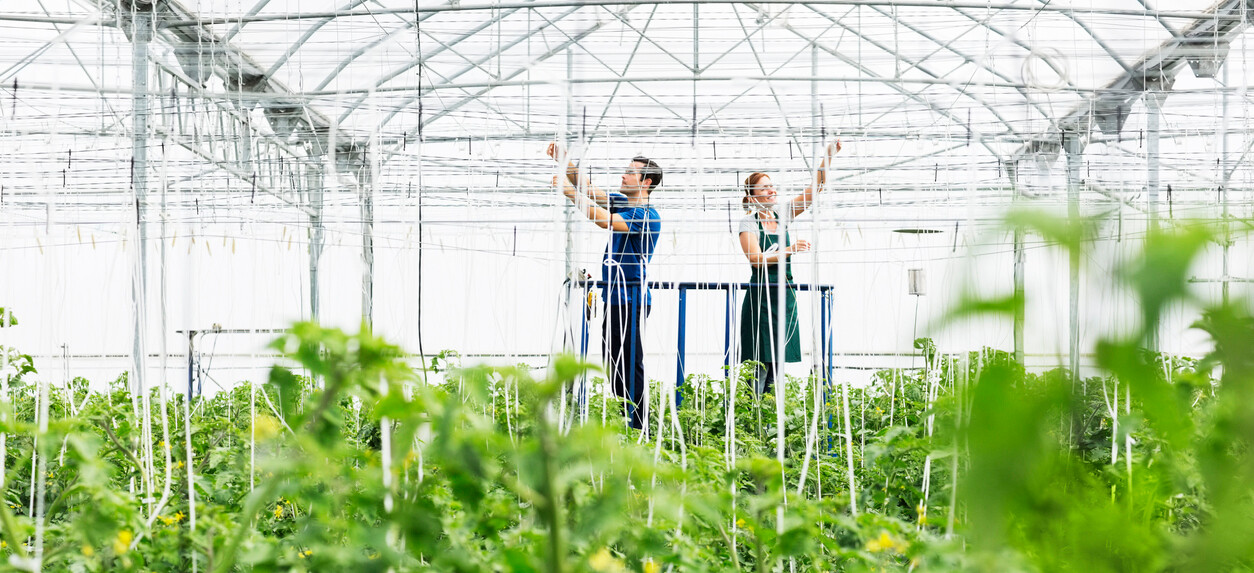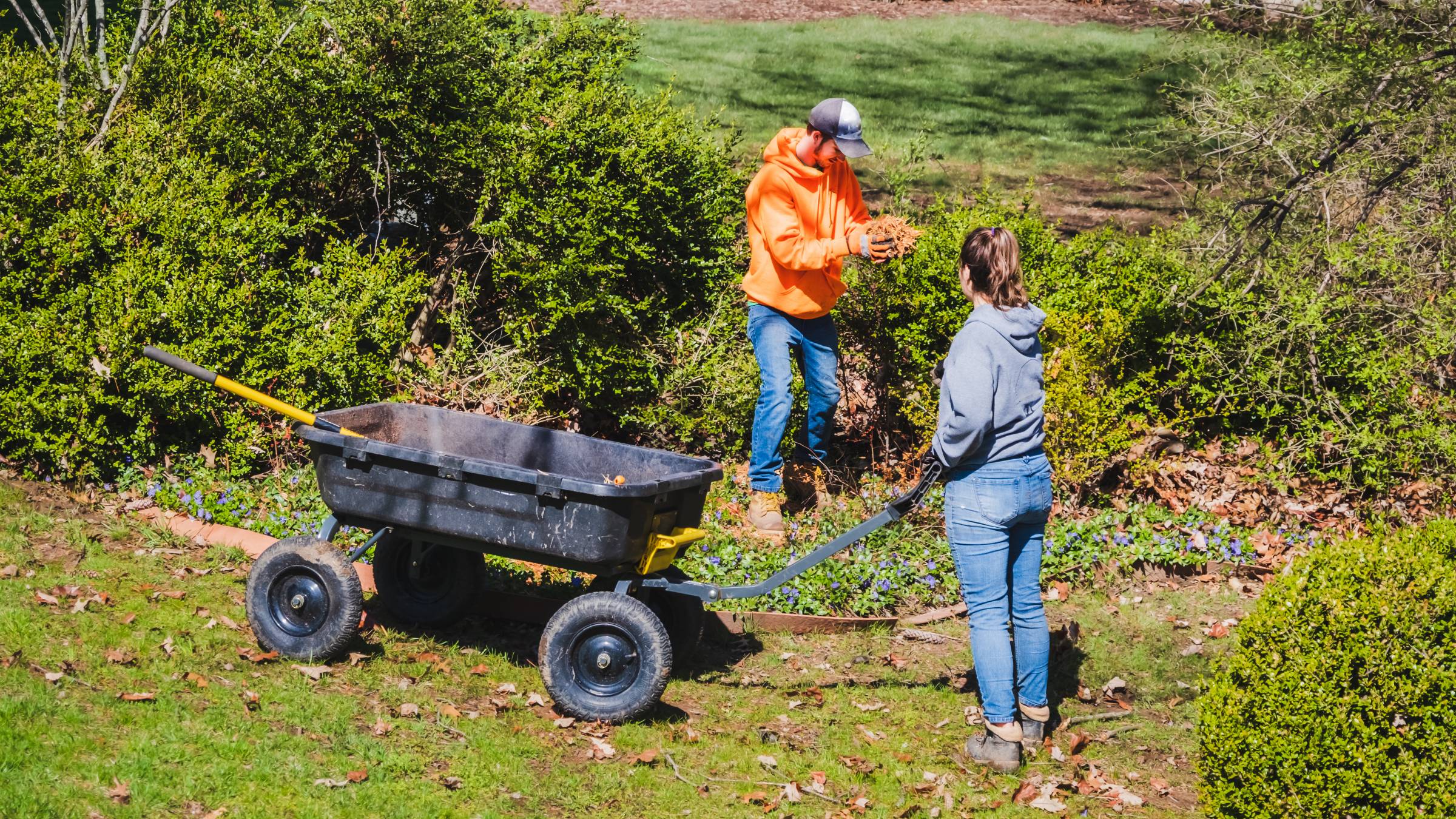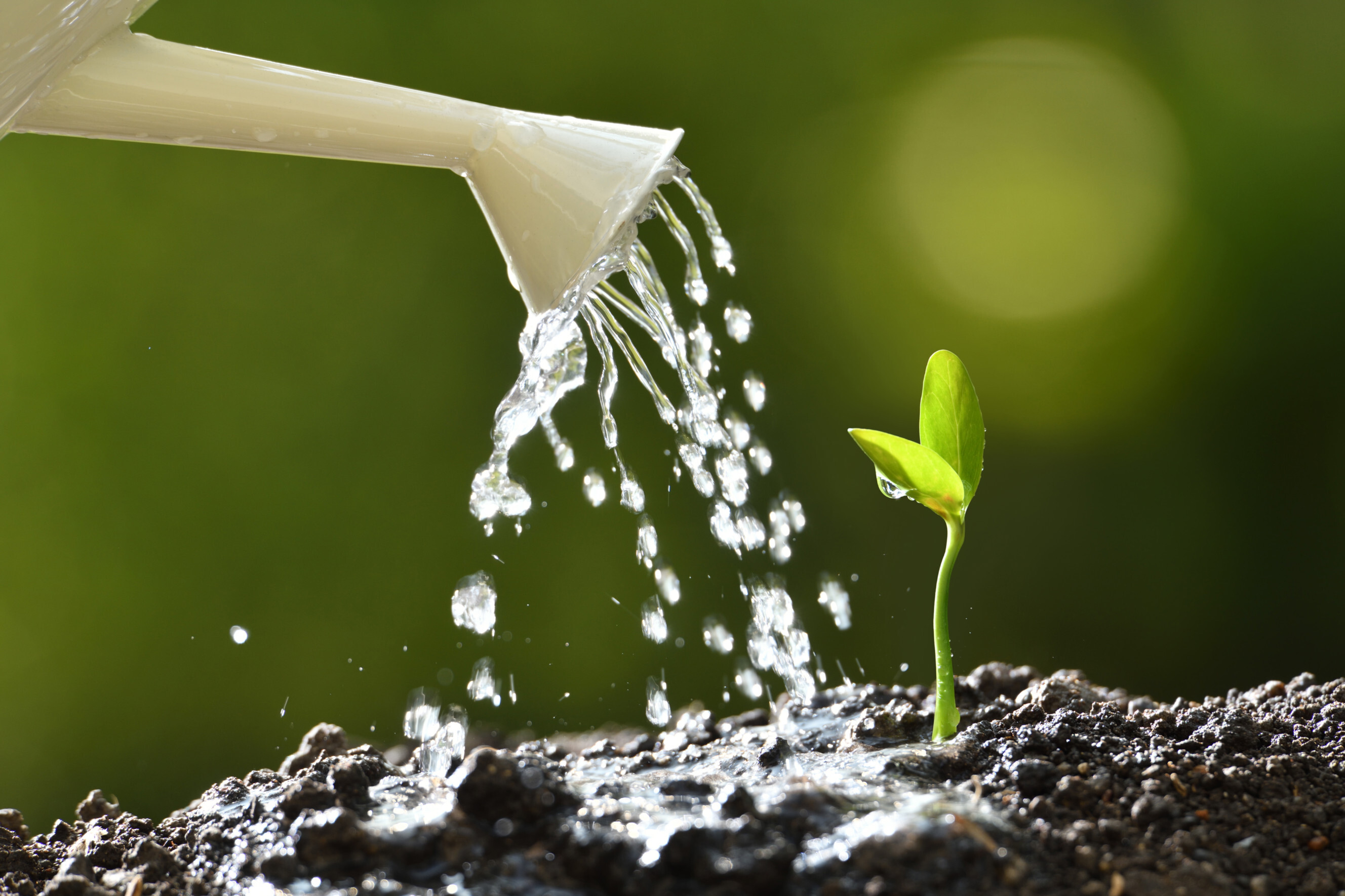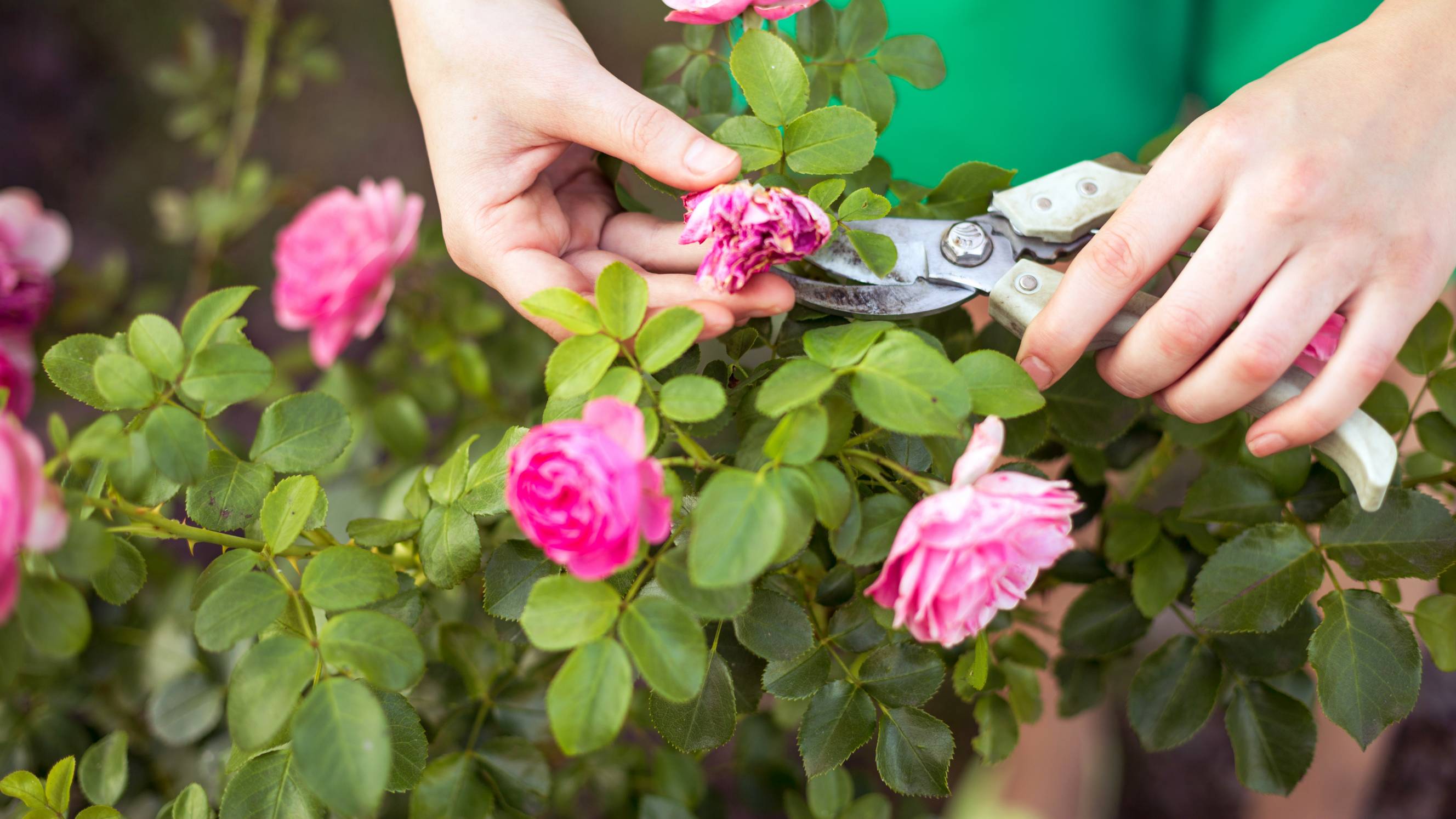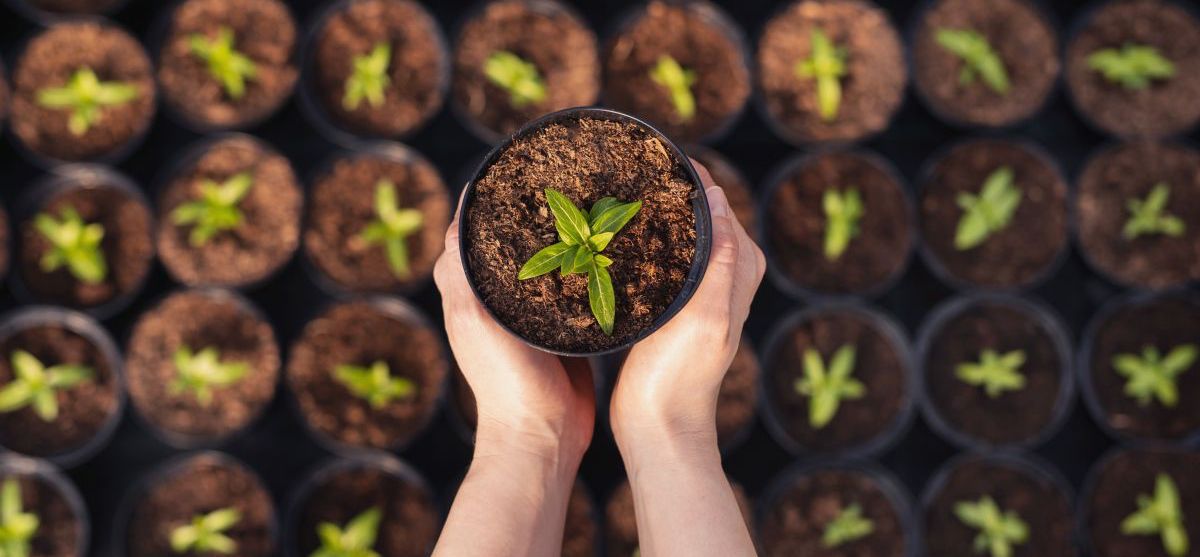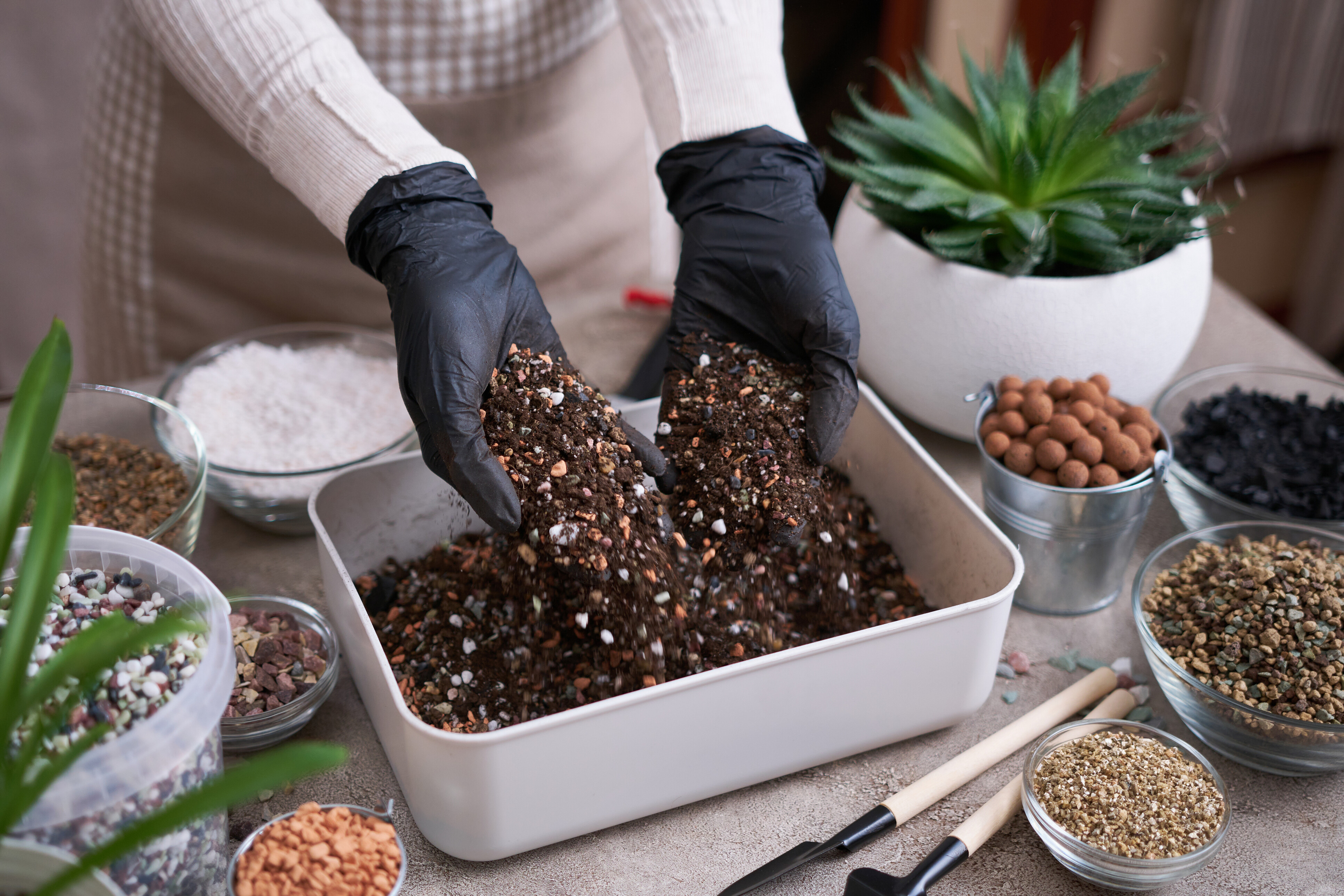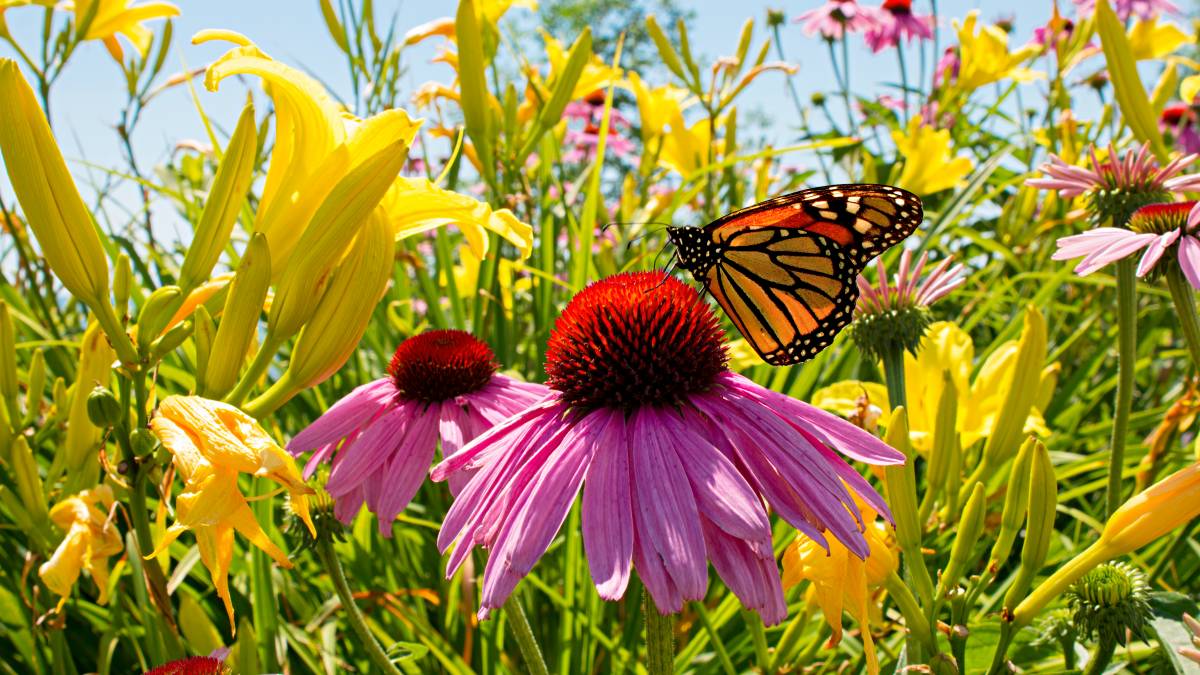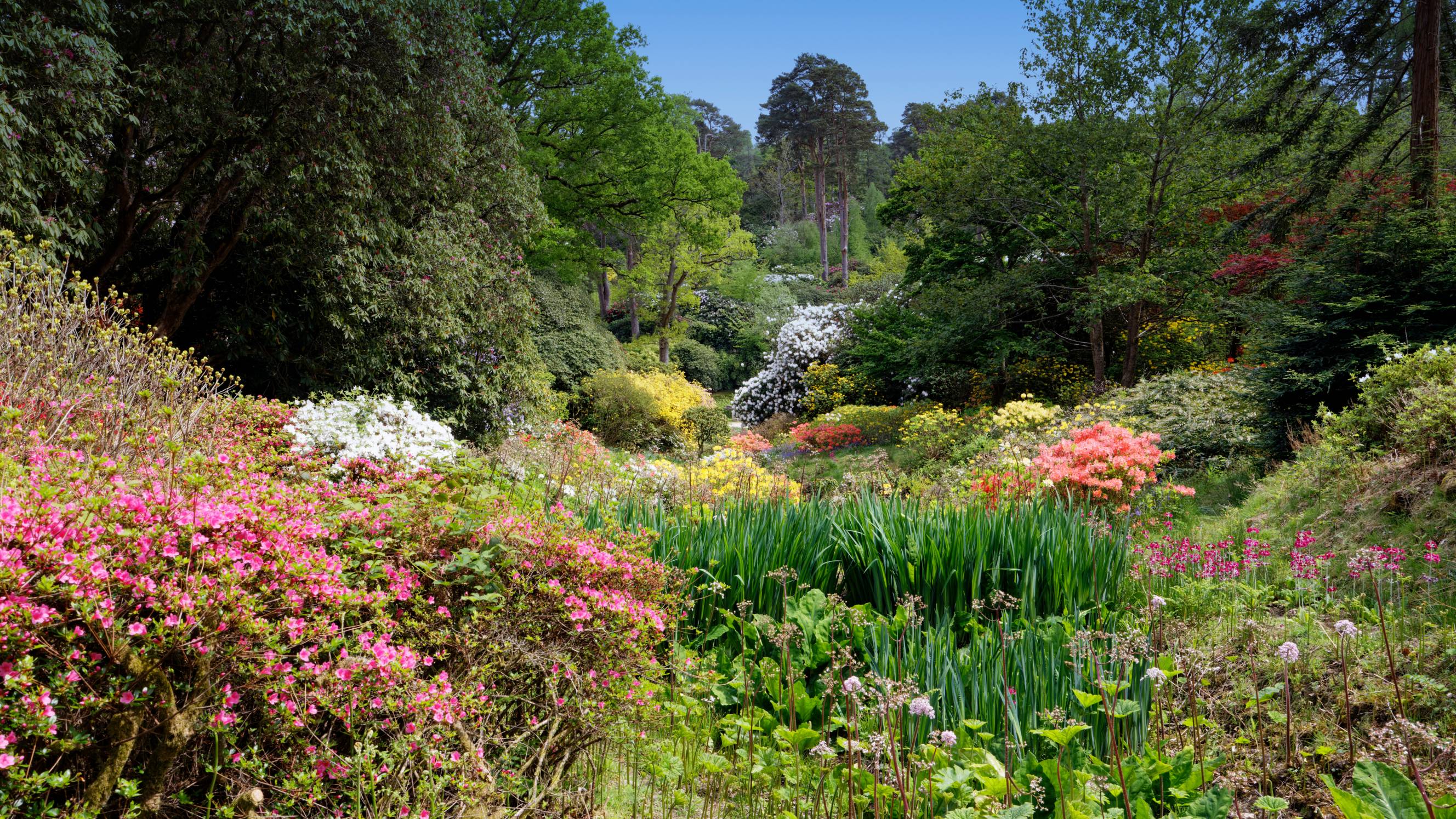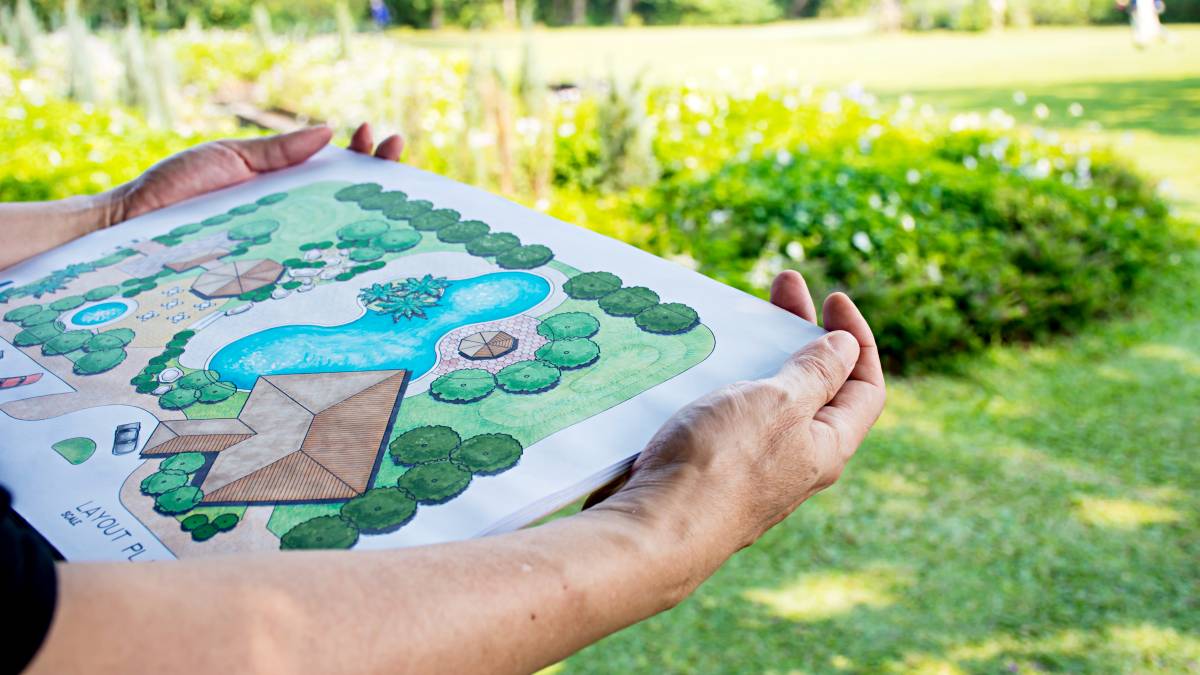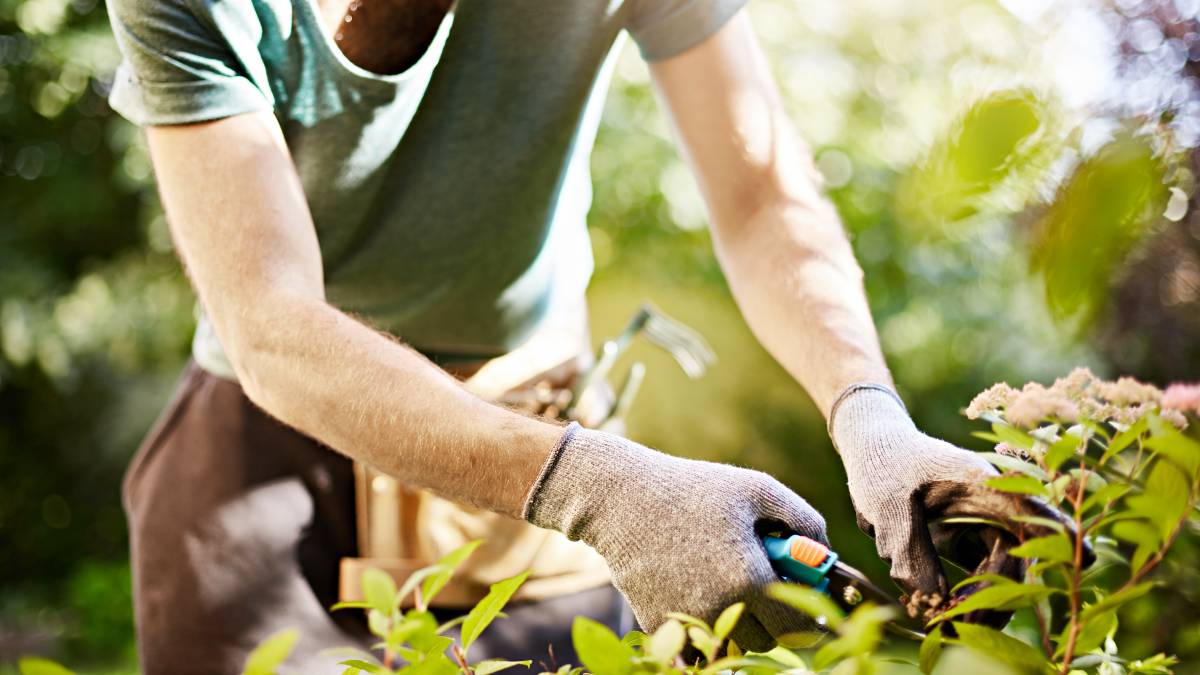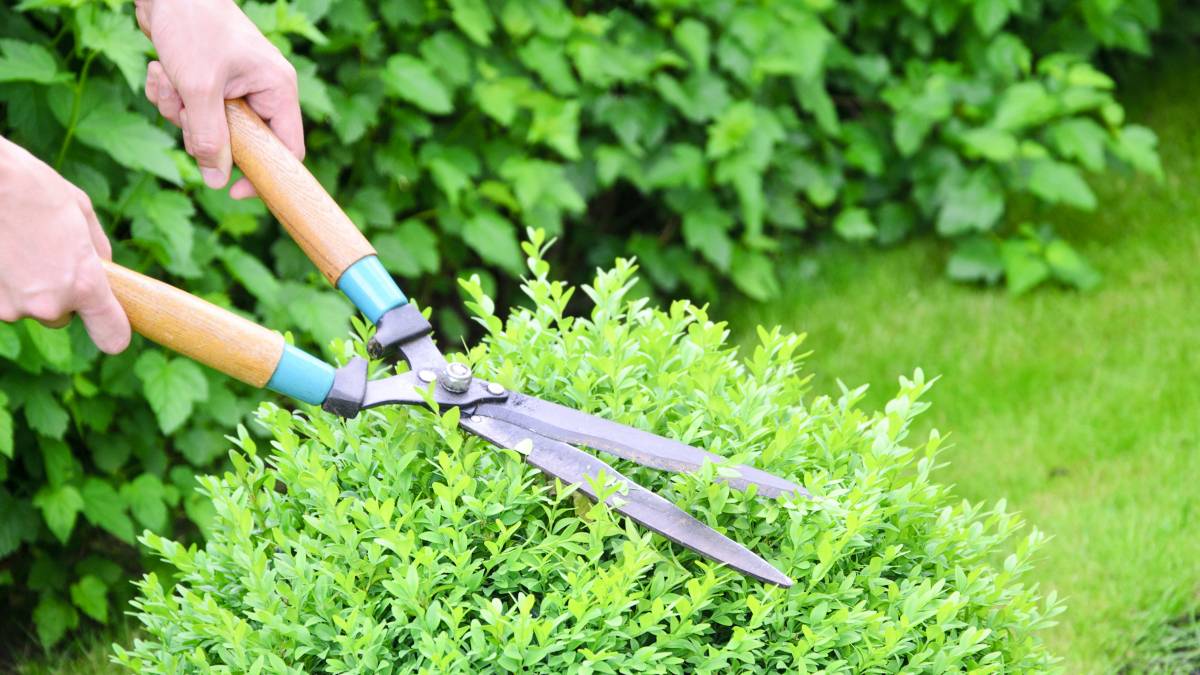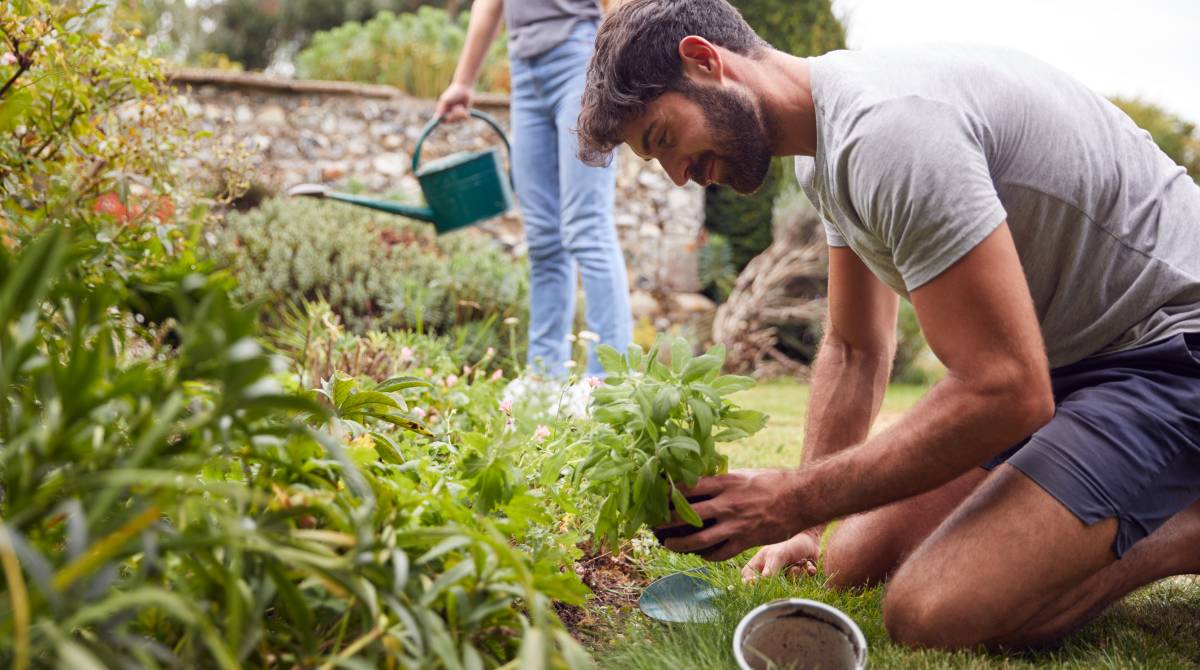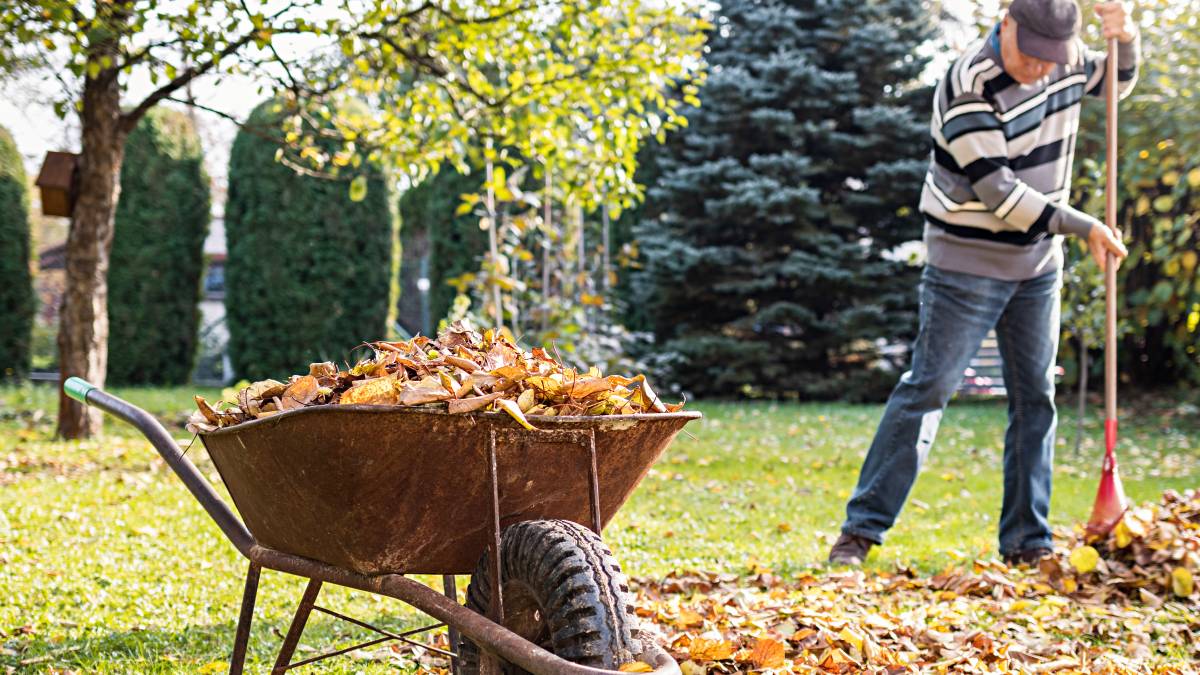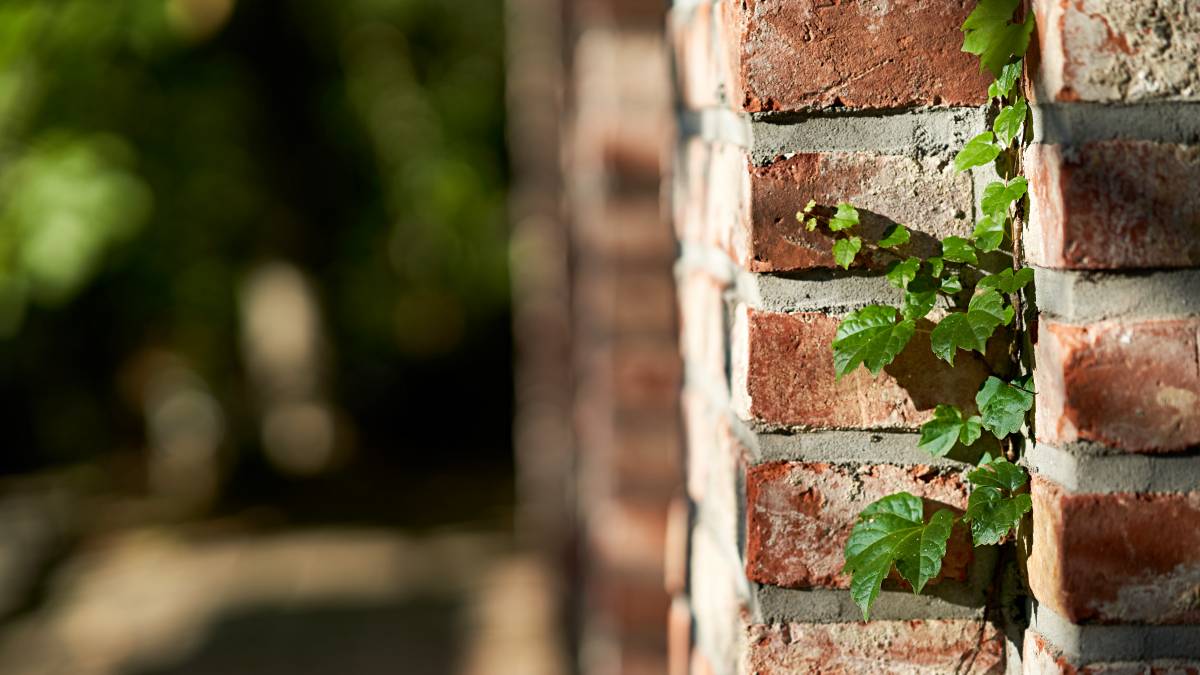- Home/
- Guides/
- Garden Maintenance/
- Gardening Tips for Elderly
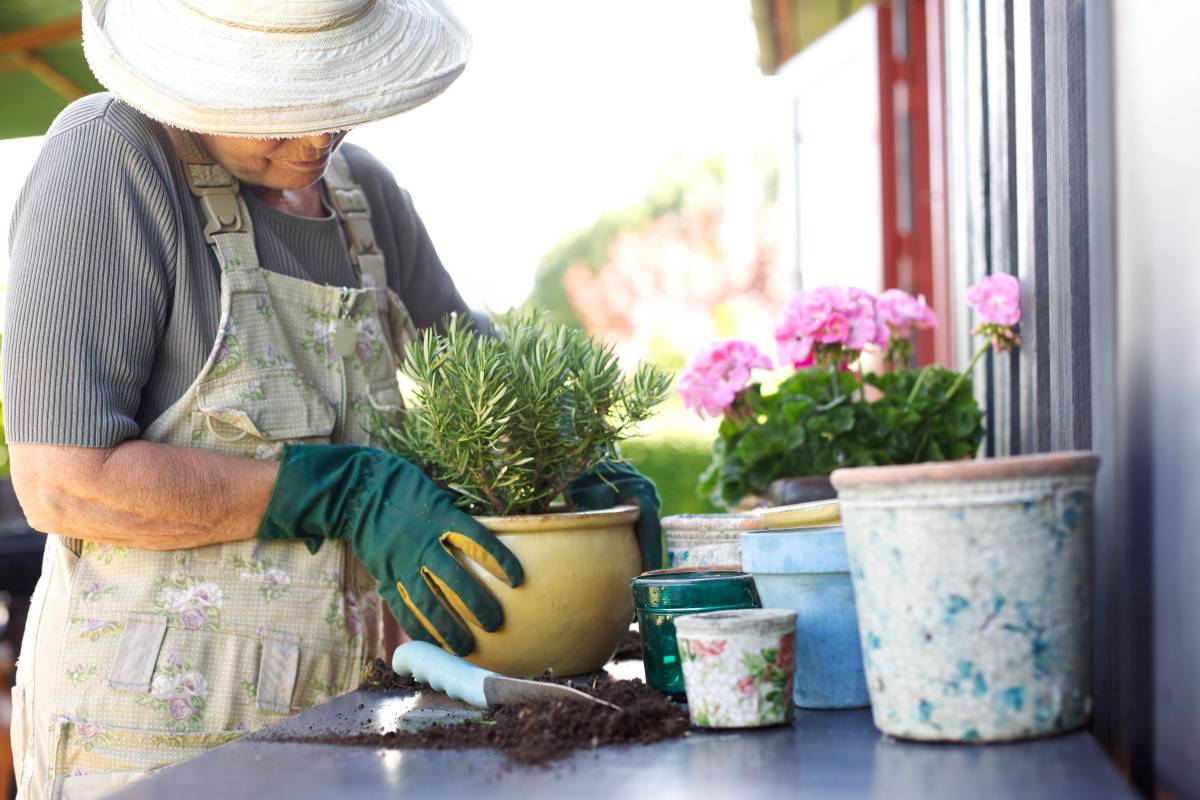
Gardening tips & tools for the elderly and people with disability
Here are tips and adaptive tools that will make gardening easier.
Get help with your gardenLast Updated on
Gardens are lovely to look at and spend time in. They also produce beautiful flowers and fresh produce for your kitchen. Not to mention, you get lots of physical exercise and mental stimulation by taking care of your plants!
However, all that digging, bending over, and kneeling on the dirt can pose a challenge to the elderly and people with disabilities. In this guide, you’ll learn about gardening tools and tips for the elderly and disabled. We hope these tips make it easier for you or your loved ones to enjoy the benefits of gardening!
1. Opt for a low-maintenance garden
The easiest way to make gardening suitable for the elderly and persons with disabilities is to create an indoor garden. You can start with a couple of ornamental plants in a sunny spot or a box of herbs in your kitchen window.
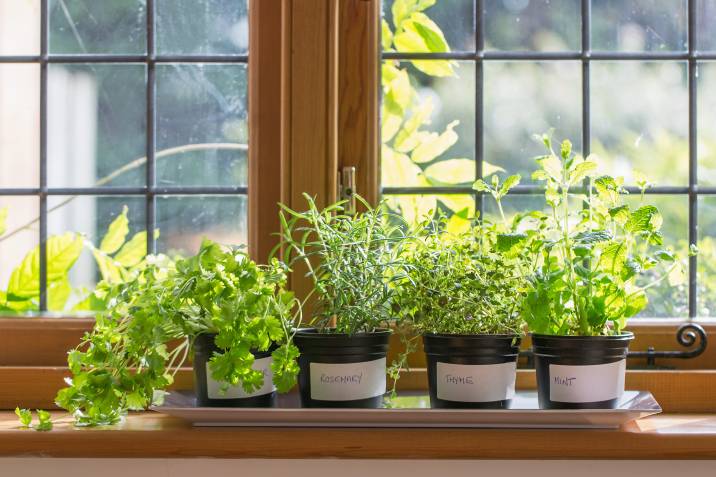
If you prefer a large outdoor garden, pick low-maintenance plants like lavender, geraniums, and perennials (plants that live for more than two years).
When landscaping, use low-maintenance ground cover like woolly thyme and juniper. Better yet, go for stone and gravel pathways! Just make sure you pick a material that’s easy on your feet and wheelchair – and one that won’t cause any slips or falls. Feel free to check out our list of low-maintenance garden ideas before you get busy buying plants and pretty rocks.
| If you already have a lawn that requires regular mowing and weeding, you can book a lawn care specialist near you to help with the upkeep. |
2. Set up raised garden beds or a vertical garden
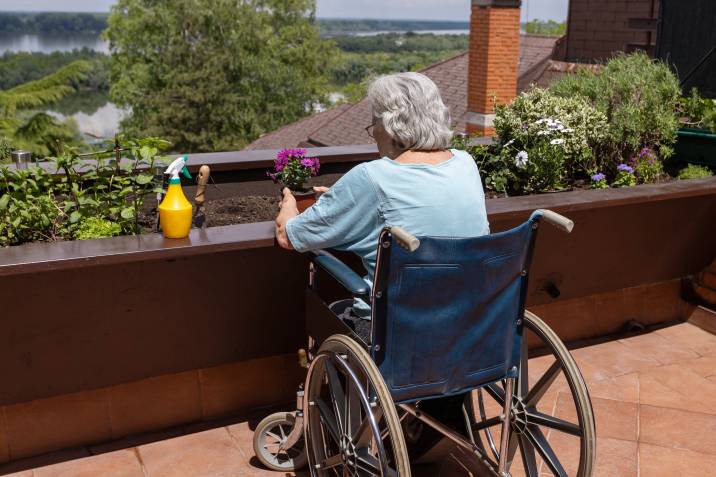
If you’re determined to get an outdoor garden, make sure you don’t spend too much time bending over! Instead, opt for one of the following garden setups:
Vertical garden
Raised beds
Trellises and poles
These structures reduce the risk of falling over or straining your back. Plus, you get better soil drainage and soil quality.
Air plants and herbs are great for vertical gardens, while squashes and cucumbers typically grow on trellises.
3. Choose ergonomic gardening tools
Look for garden tools designed for people with disabilities and the elderly. These are typically ergonomic and lightweight. Long-handled garden tools for the elderly and disabled can also reduce the need to strain the joints.
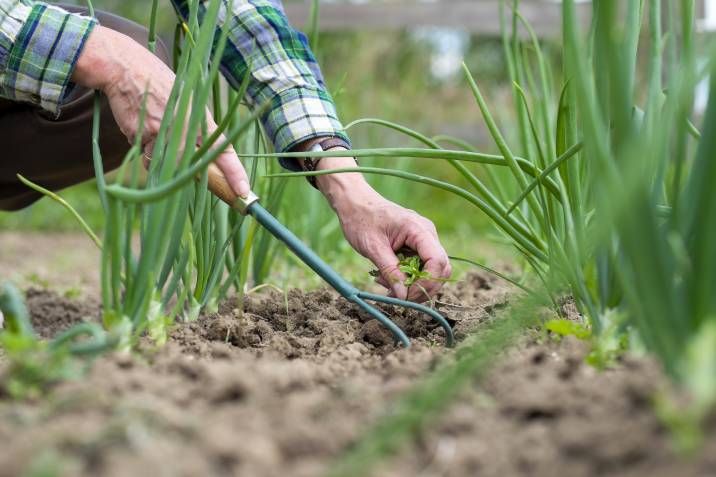
Note that just because something is marked “ergonomic” doesn’t guarantee that it will work for you. Listen to your body and find the tools that best fit your needs.
4. Keep your gardening tools accessible
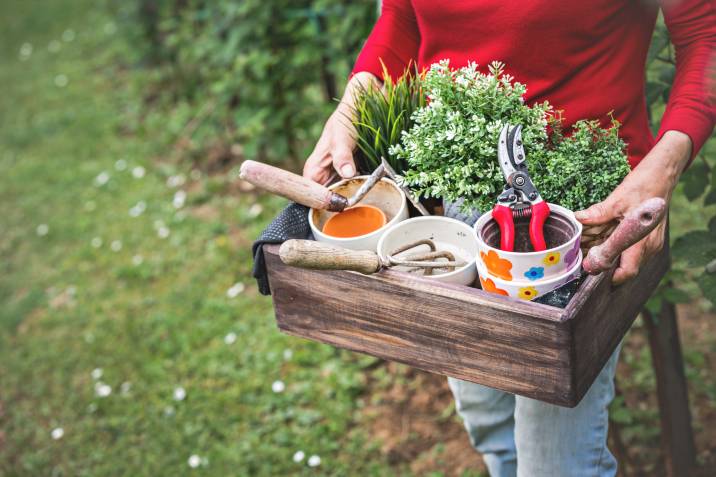
Lugging a heavy watering can around can be difficult for elderly or disabled garden enthusiasts. As a solution, you can get a little trolley or cart. You can also have some hooks, pulley systems, or accessible storage for garden tools like pruning shears, baskets, and fertiliser.
5. Check your form and ask for gardening help
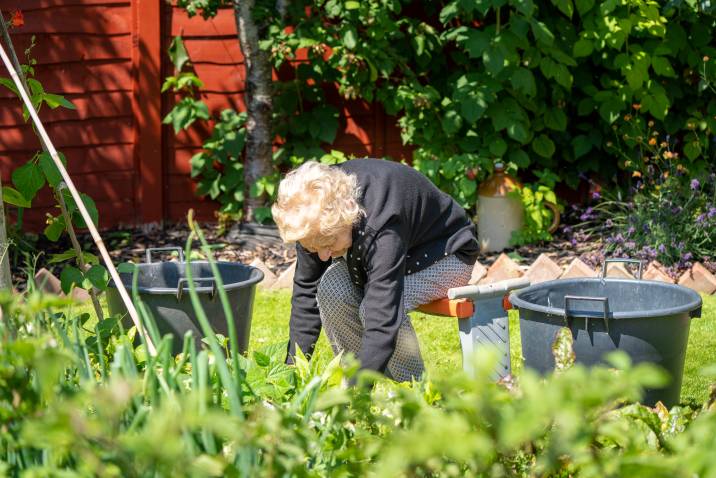
Here are some tips to improve your form and reduce pain during and after gardening:
Use a kneeler stool if it’s comfortable for you.
Try kneeling with just one knee down.
If you’re squatting, remember to keep your heels on the ground.
Lastly, if you need gardening help, don’t be afraid to ask for it. Find local gardeners near you who can give you a hand, whether you need help watering the plants or weeding your garden.
☞ Learn more: Gardening tips for beginners
Find skilled gardeners in your area
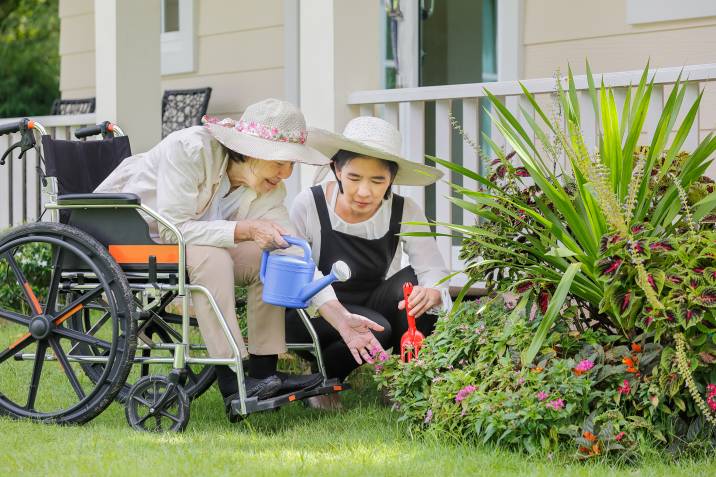
Gardening can be much easier when you get help from time to time. A professional gardener can also help you get more done and spruce up your garden. Post your gardening task now and connect with friendly and skilled gardeners near you.
|
FAQs on gardening for the elderly and people with disability
The best garden is the one that is suited to a person’s level of mobility. This could be a vertical garden, a sprawling garden with ramps and pathways, or a box of herbs by the windowsill. Generally speaking, choose low-maintenance plants and keep the gardening tools and plants within easy reach.
Gardening helps the elderly by providing them with sensory, physical, and mental stimulation. A garden also provides fresh produce if you maintain a fruit or vegetable garden. Taking care of a garden, when done properly, can help improve anyone’s physical, mental, and emotional well-being.
Yes, it’s possible to get free gardening help for disabled people and the elderly. Contact your local council to ask about free garden maintenance services. Also, the Gardening with Disabilities Trust provides small grants to people with all kinds of physical and mental challenges. To find affordable gardening services, you can put up a task on Airtasker and connect with gardeners near you.
Find garden maintenance experts, fast
Find a garden maintenance expert
Related articles
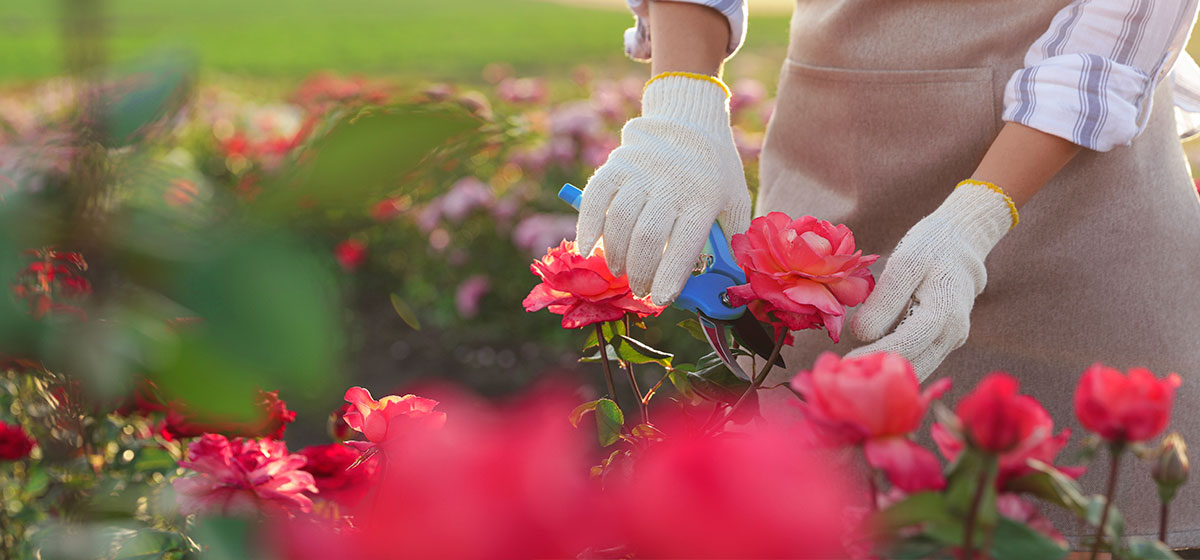
How to prune roses the right way
Read more
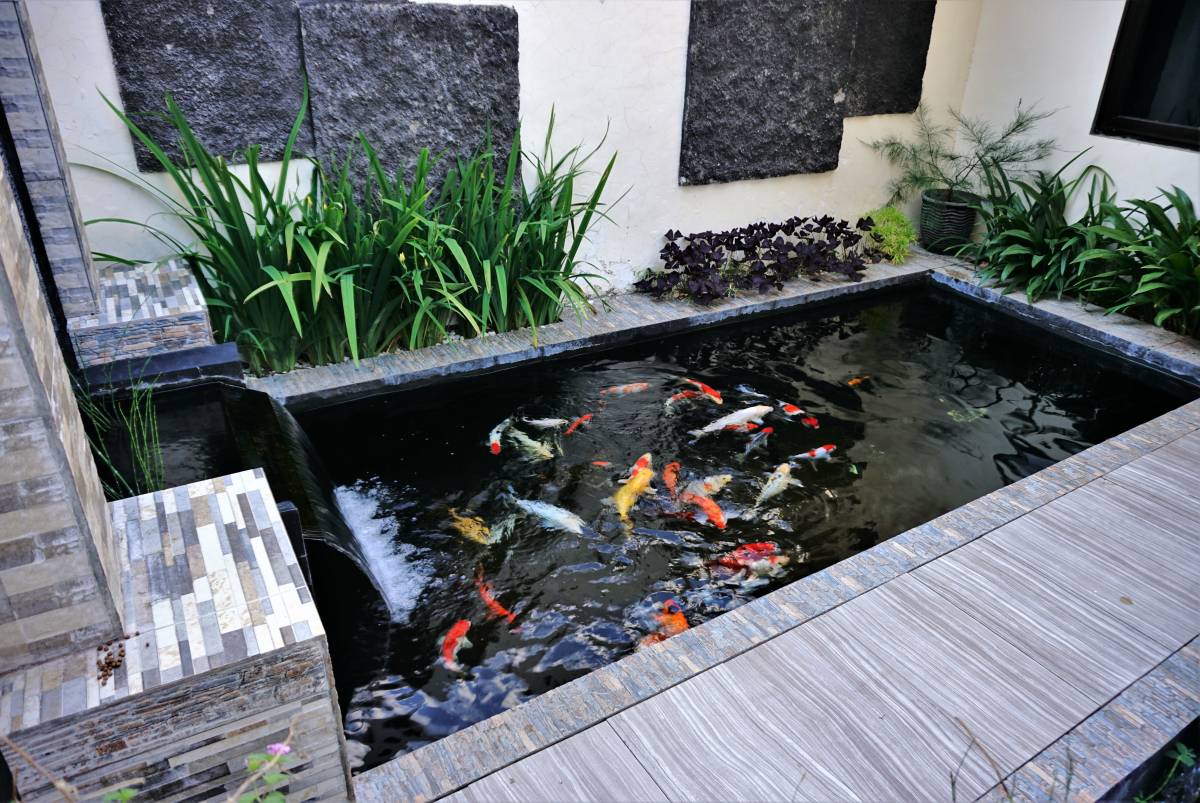
8 steps to build a DIY pond filter
Read more
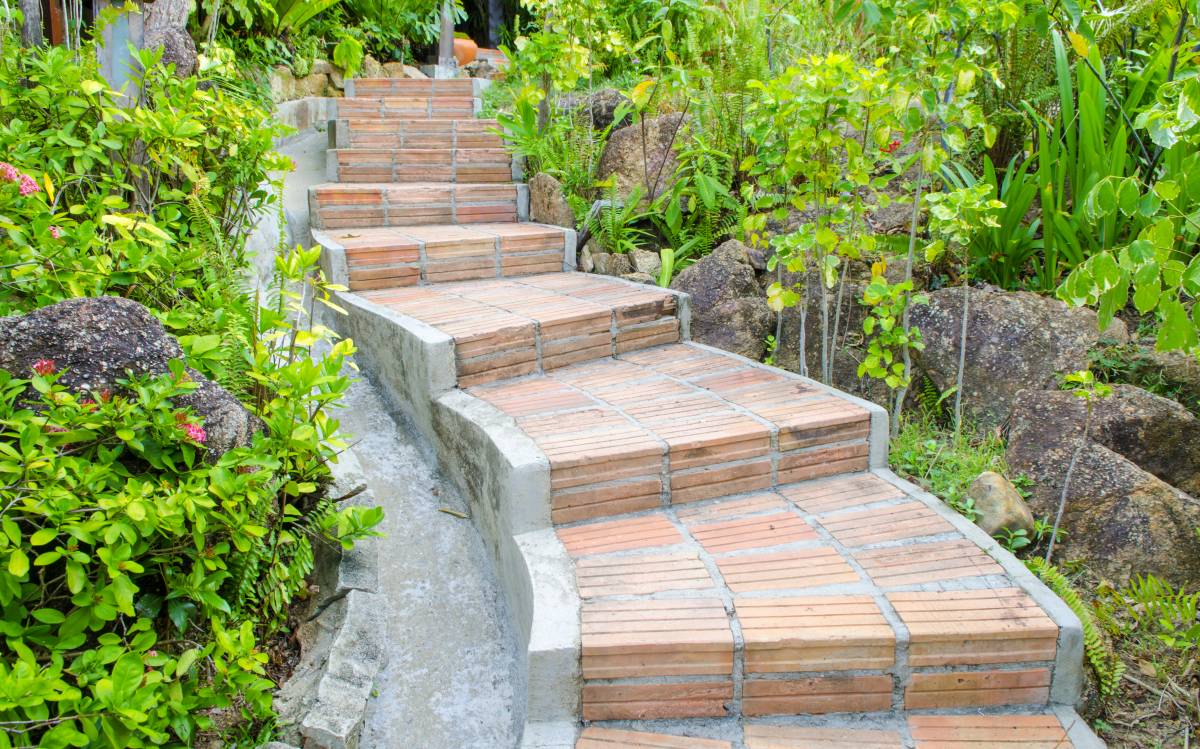
How to build garden steps
Read more
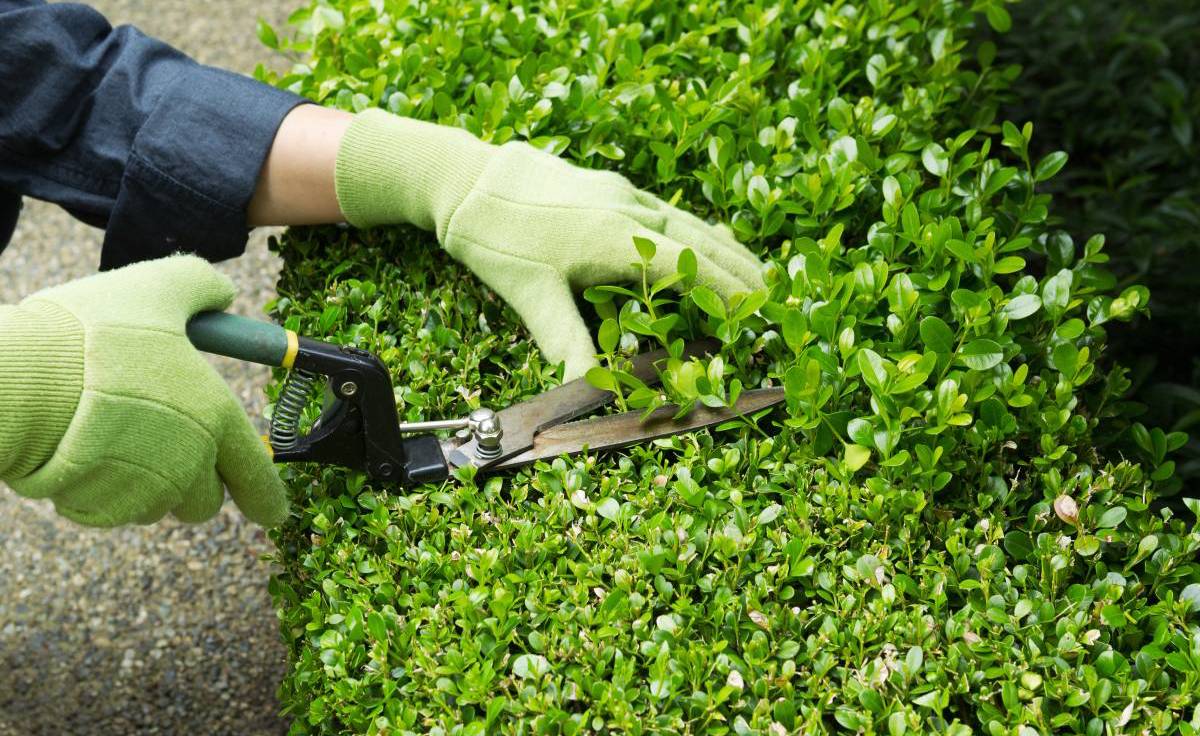
How to trim bushes the right way
Read more
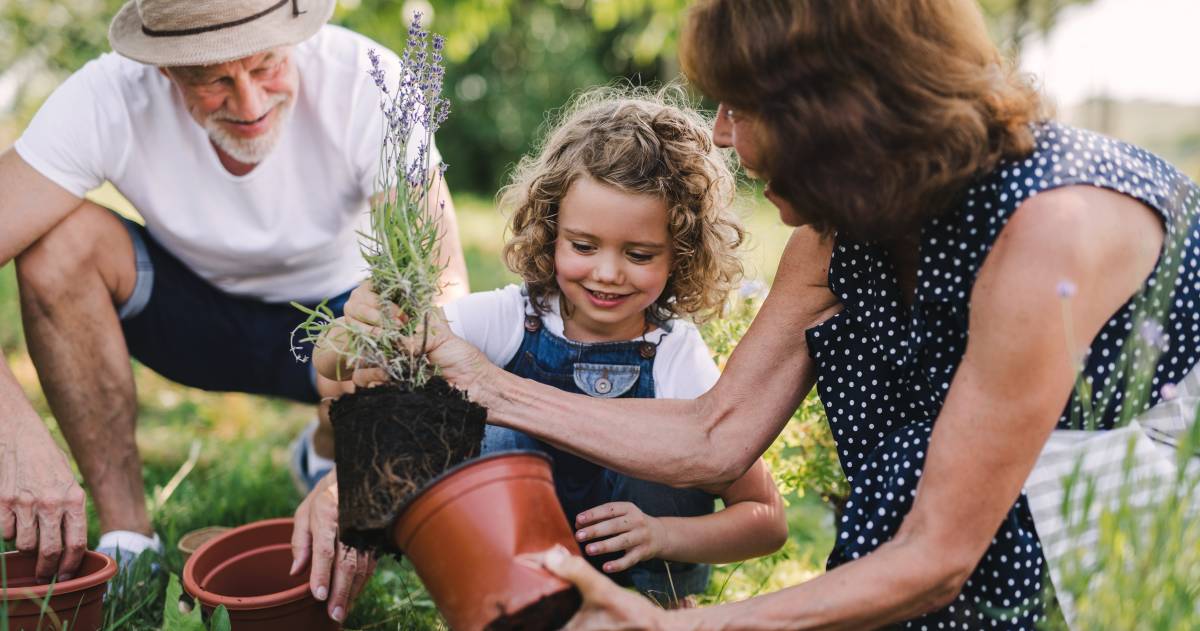
13 Best Spring Gardening Tips
Read more
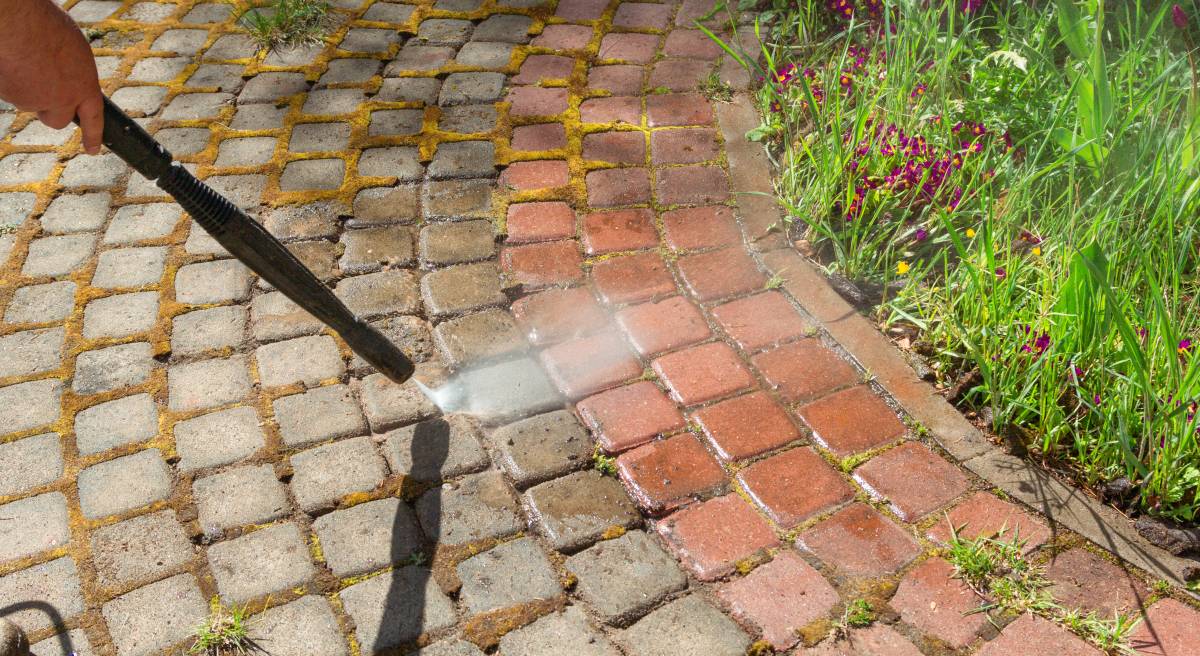
How to clean garden stones
Read more
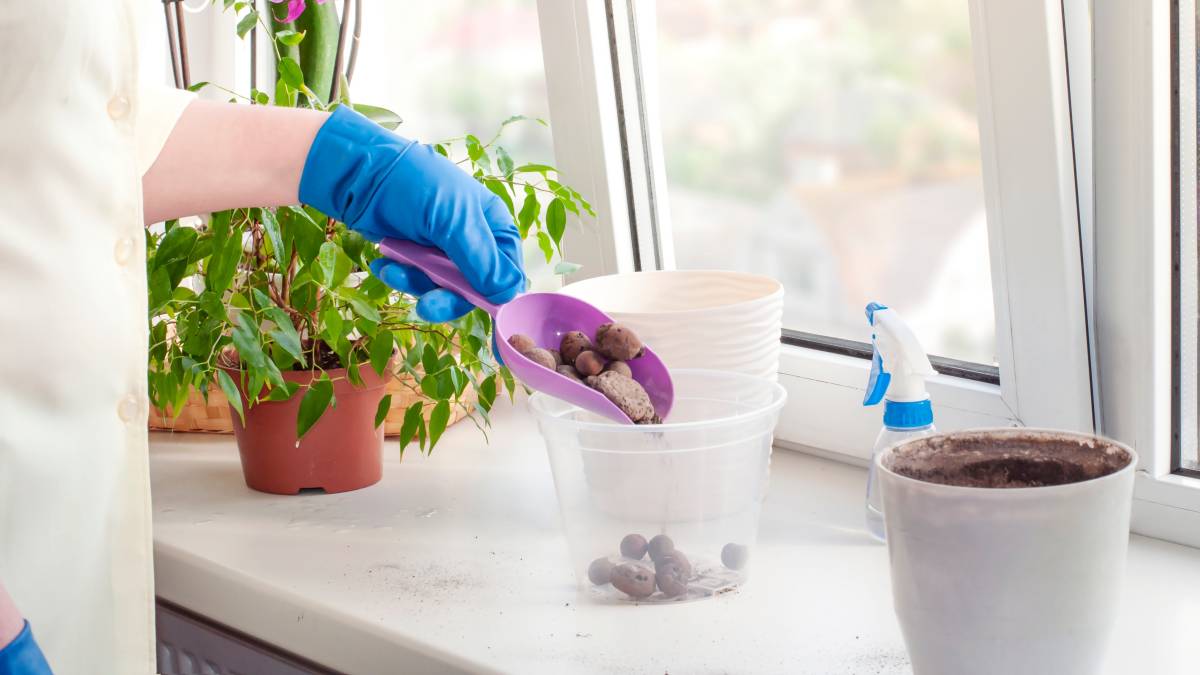
36 Quirky plant pot ideas you’ll love
Read more
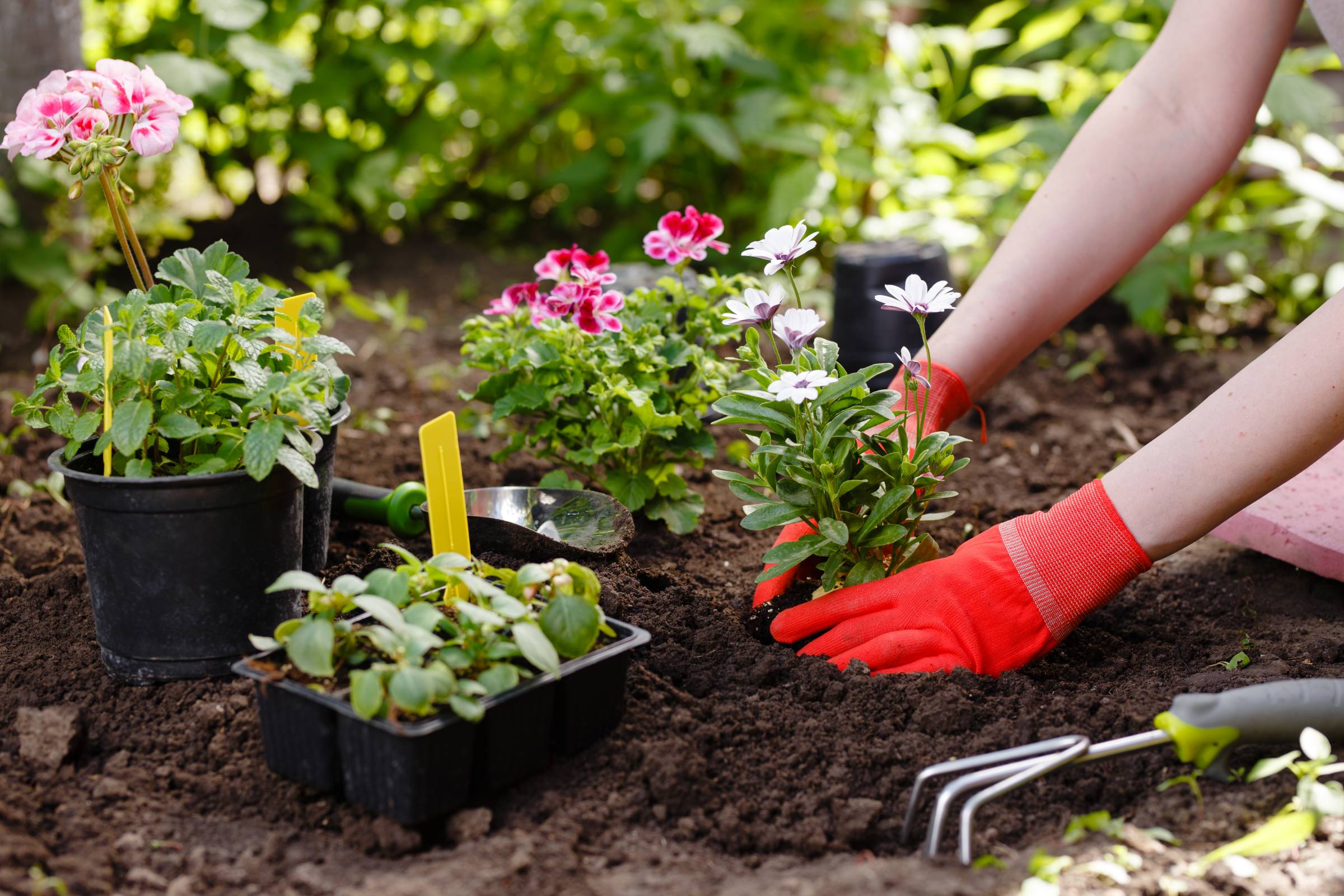
Your garden maintenance checklist
Read more
Related price guides
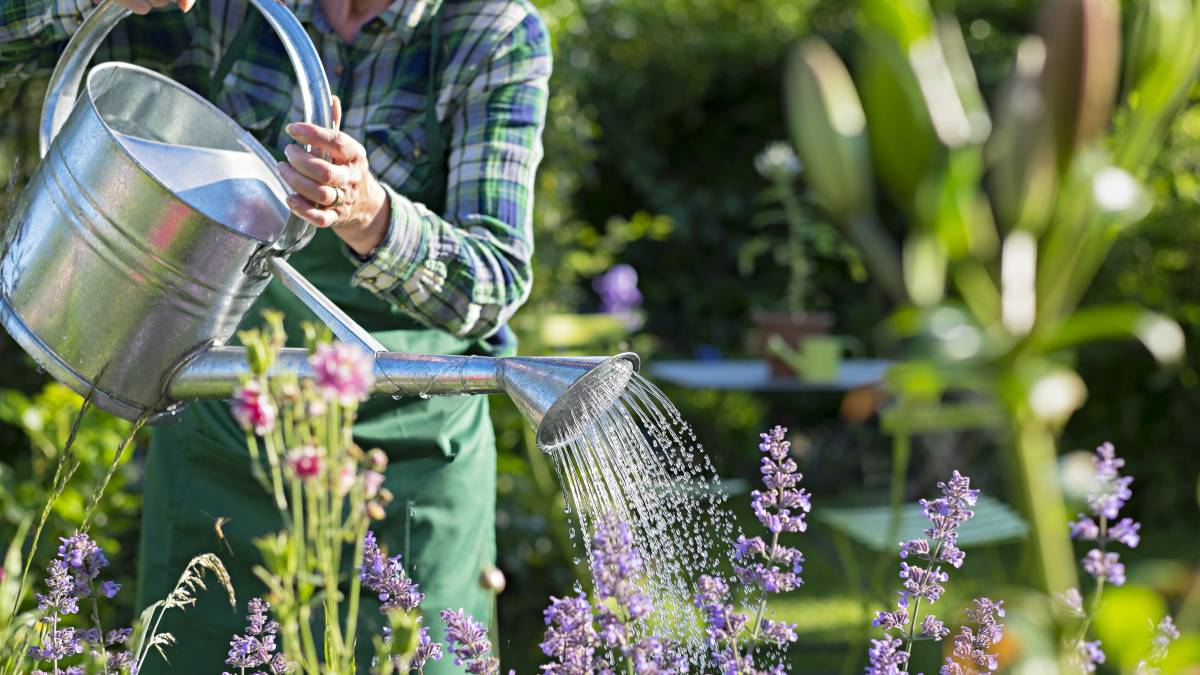
How much do gardeners charge?
Read more
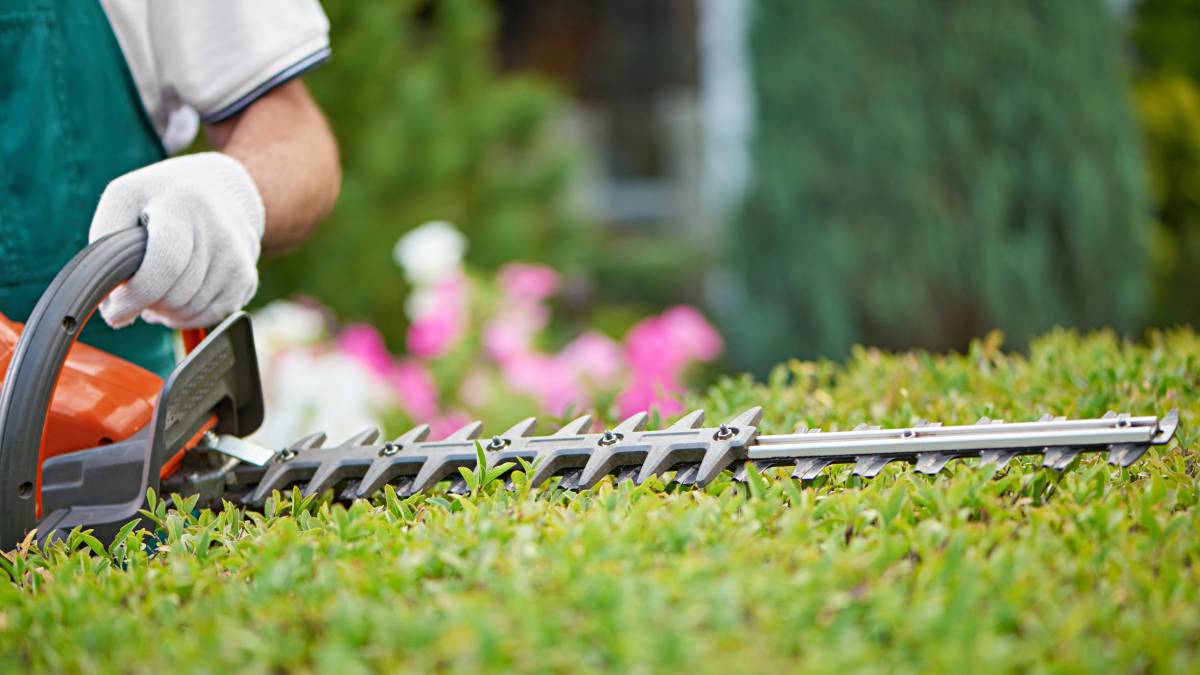
How much does hedge removal cost?
Read more
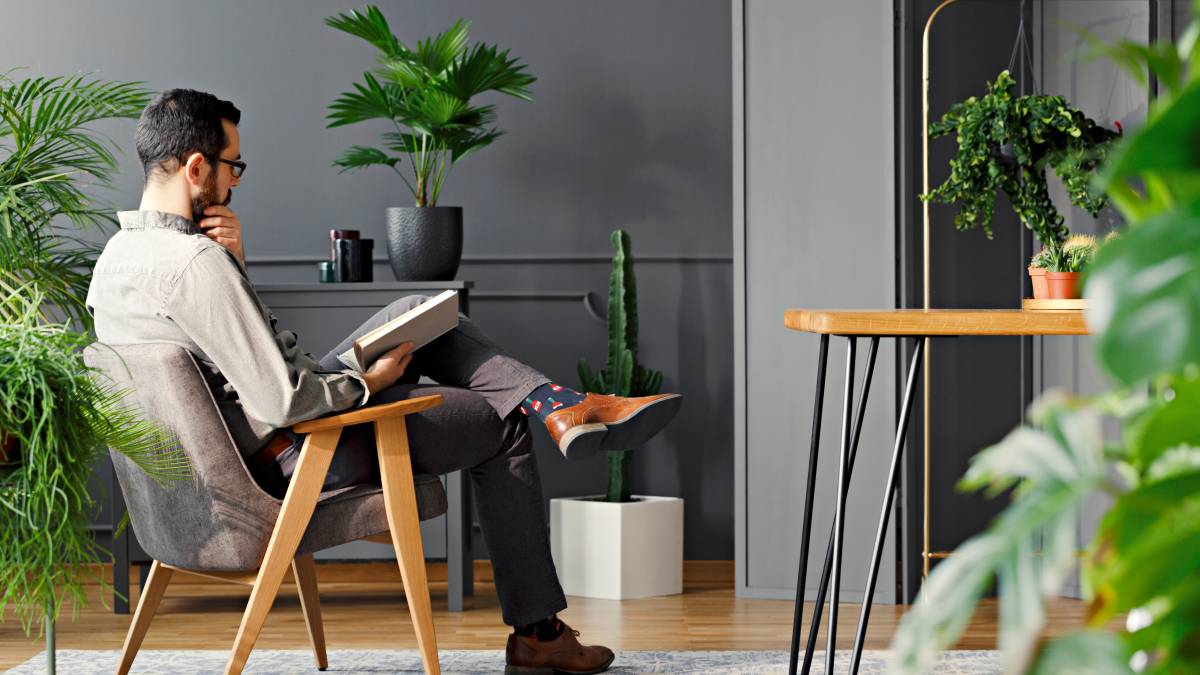
How much does a garden room cost?
Read more
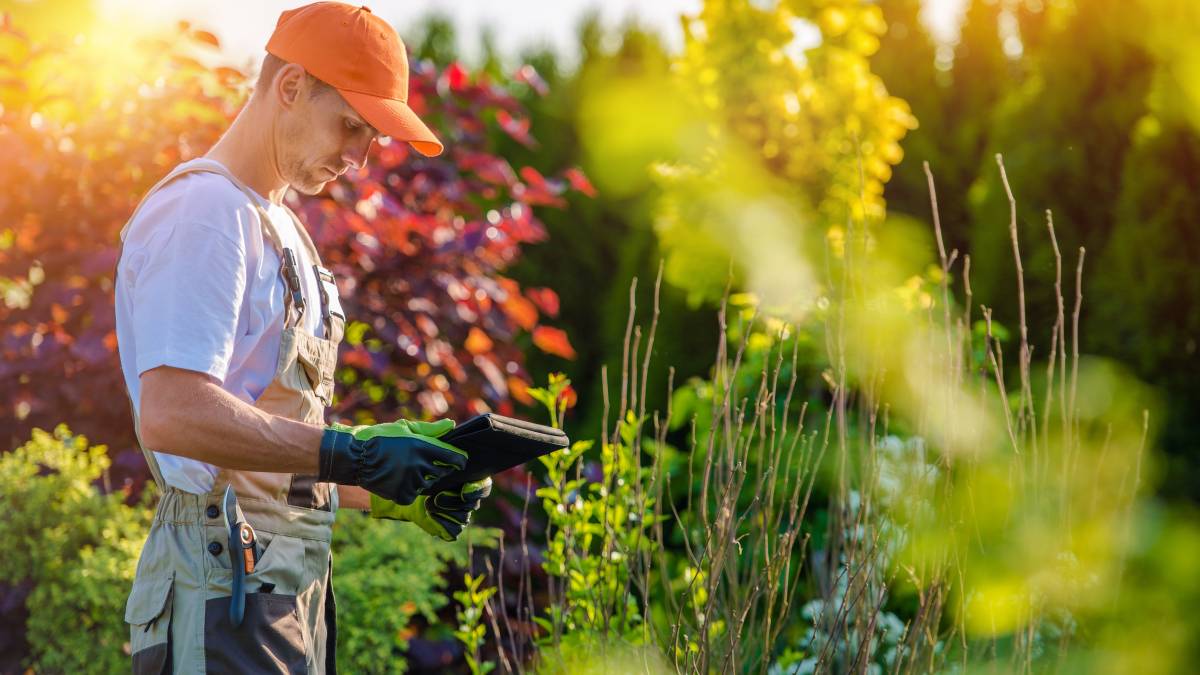
How much does garden clearance cost?
Read more
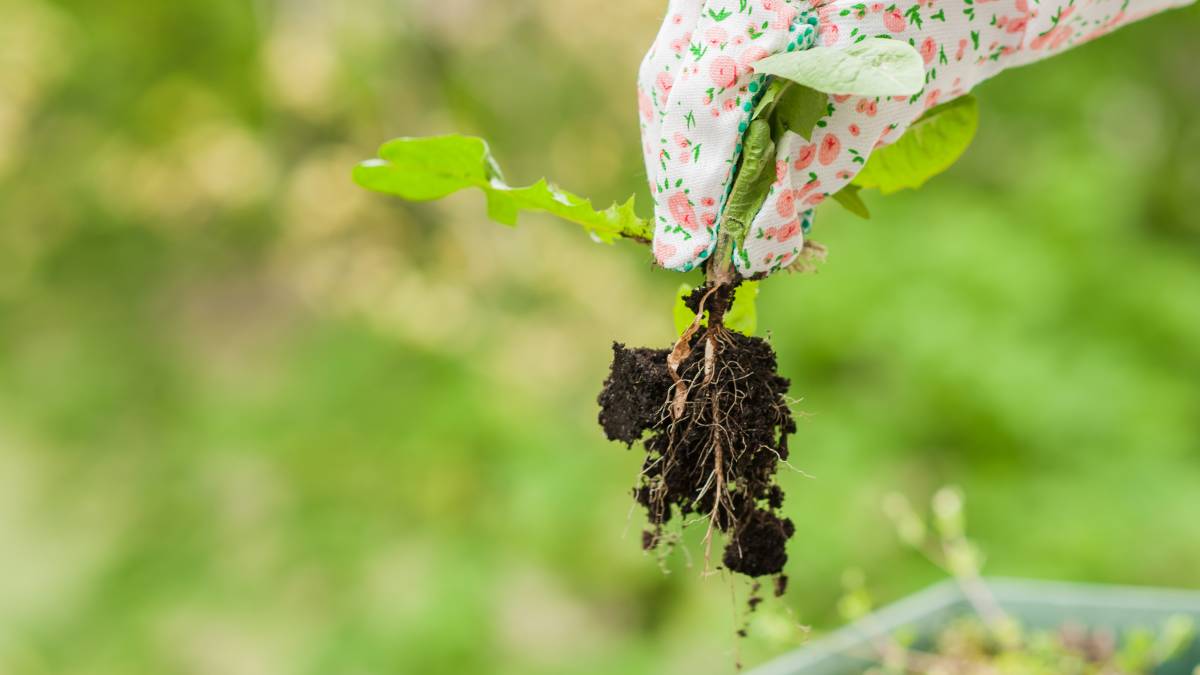
How much does weeding cost?
Read more
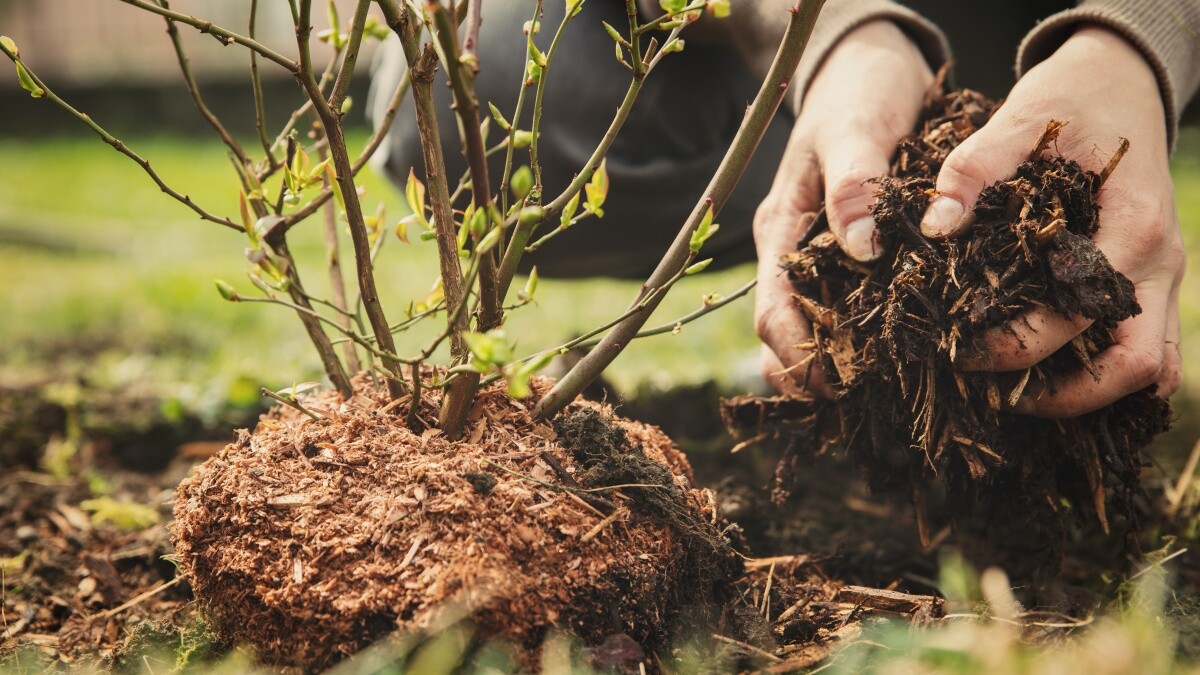
How much does mulch cost?
Read more
